 |
|
|
| Past Events: Public Policy Forums |
|
| |
|
|
Policy Forum on Building a Sustainable Healthcare System for Hong Kong
28–29 July 2023 | Cho Yiu Conference Hall, CUHK & Zoom
|
Welcoming Address
|
Prof. Rocky S. C. Tuan
Vice Chancellor & President, CUHK
|
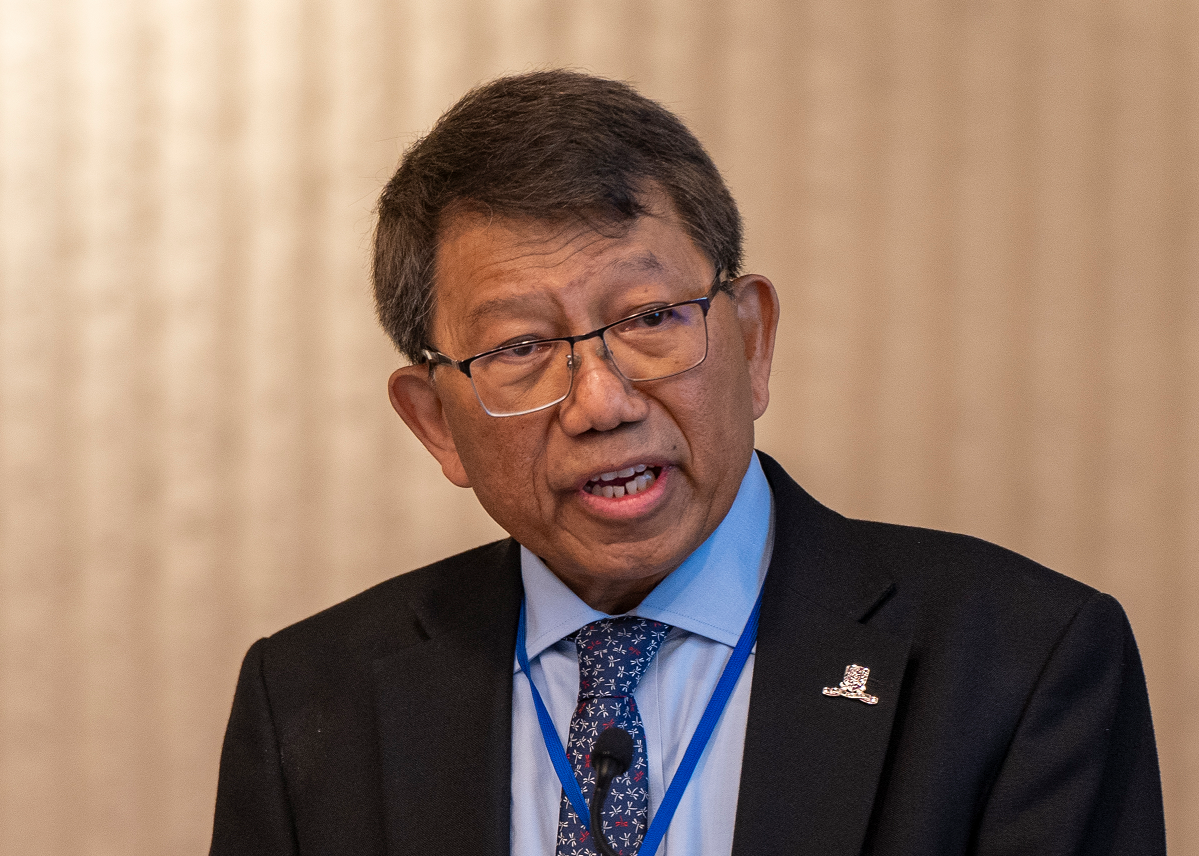
|
Opening Address
|
Dr Libby H. Y. Lee
Undersecretary for Health,
The Government of the Hong Kong Special Administrative Region
|
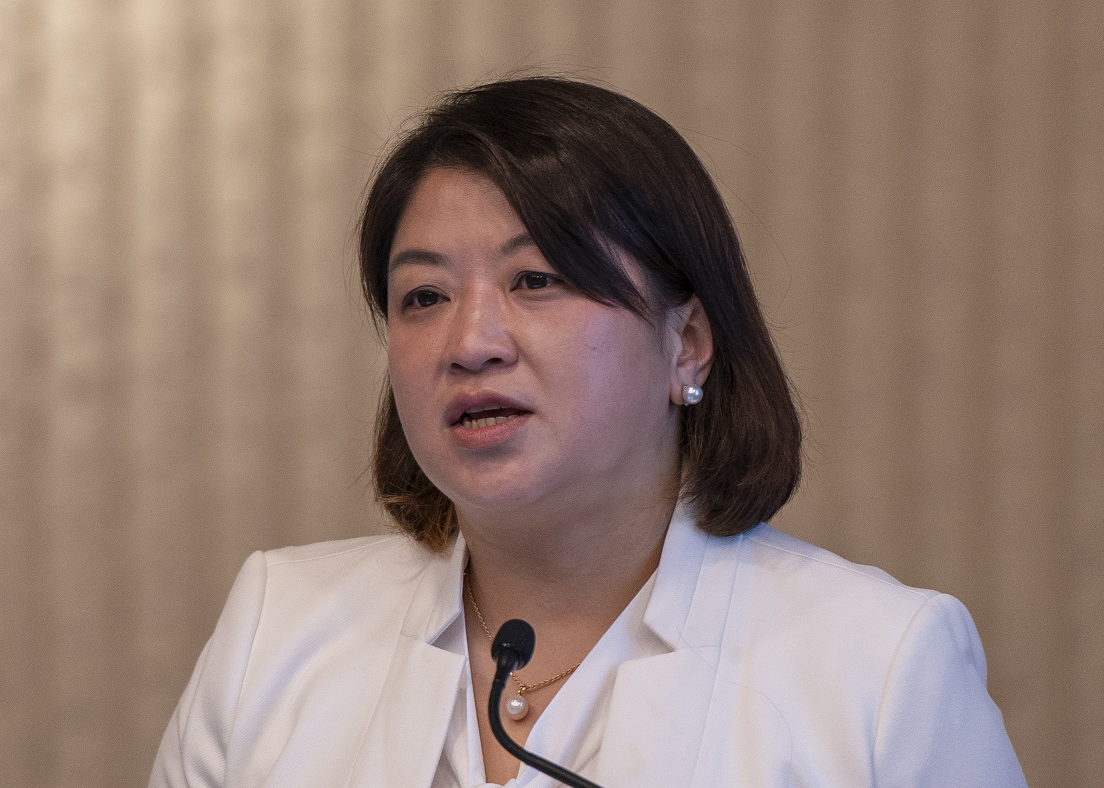
|
Keynote Speeches
|
Dr Hon David T. Y. Lam
Member, Legislative Council,
The Government of the Hong Kong Special Administrative Region
|
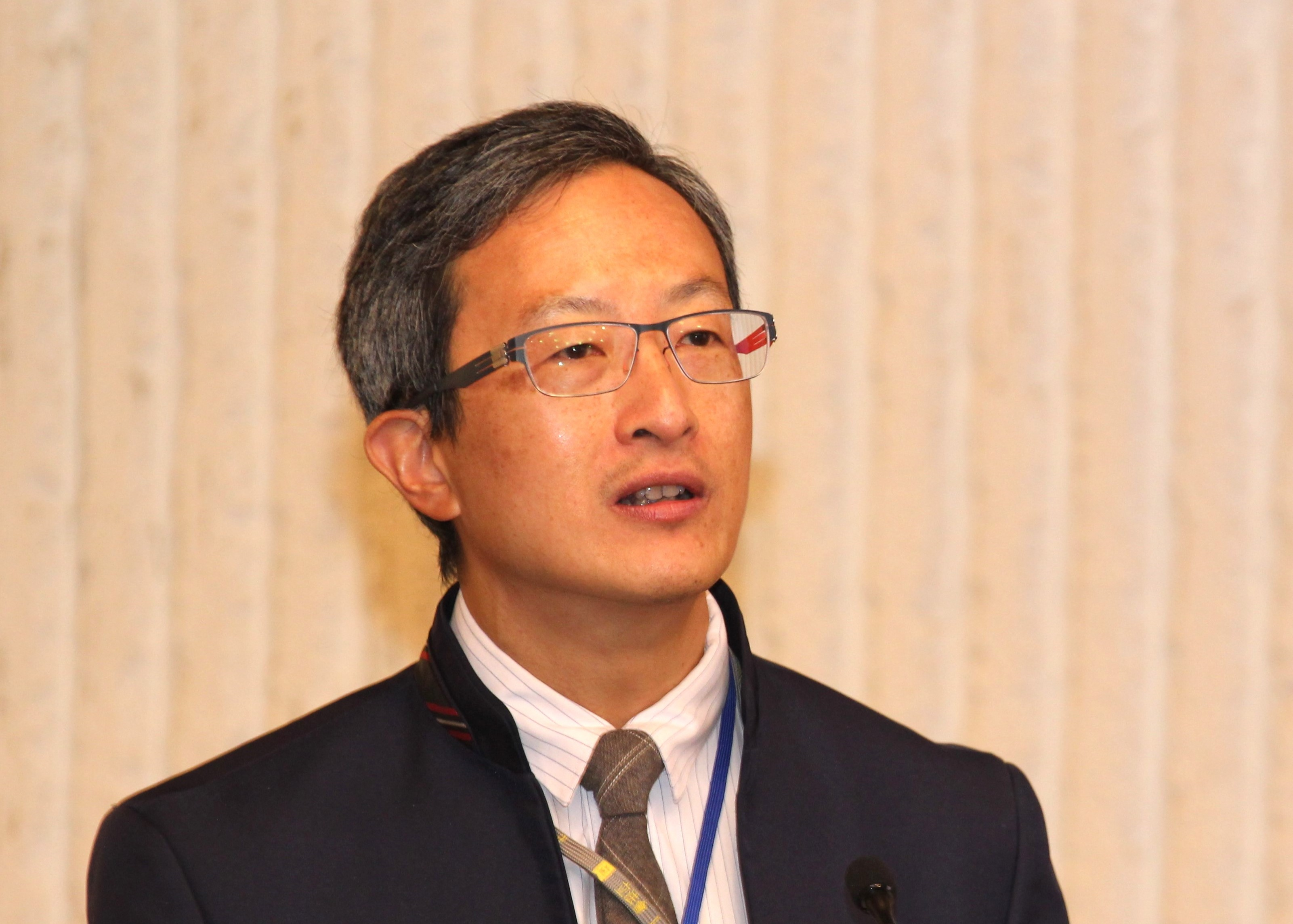
|
Prof. Michael Kidd
Professor of Global Primary Care and Future Health Systems,
Nuffield Department of Primary Care Health Sciences (NDPCHS),
University of Oxford, United Kingdom;
Director, Centre for Future Health Systems,
University of New South Wales, Australia
|
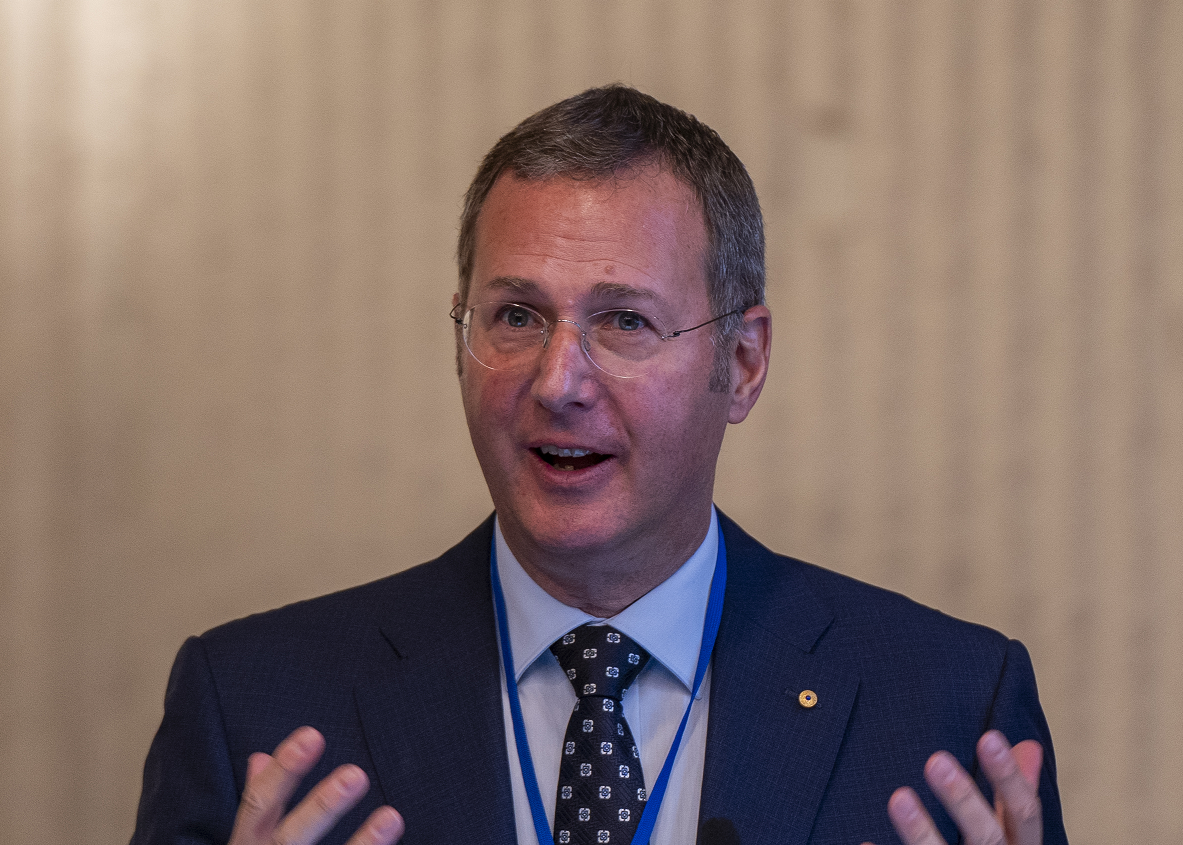
|
Prof. Eleanor Holroyd
Associate Dean (International, and Engagement),
Faculty of Health and Environmental Sciences,
Auckland University of Technology, New Zealand
|
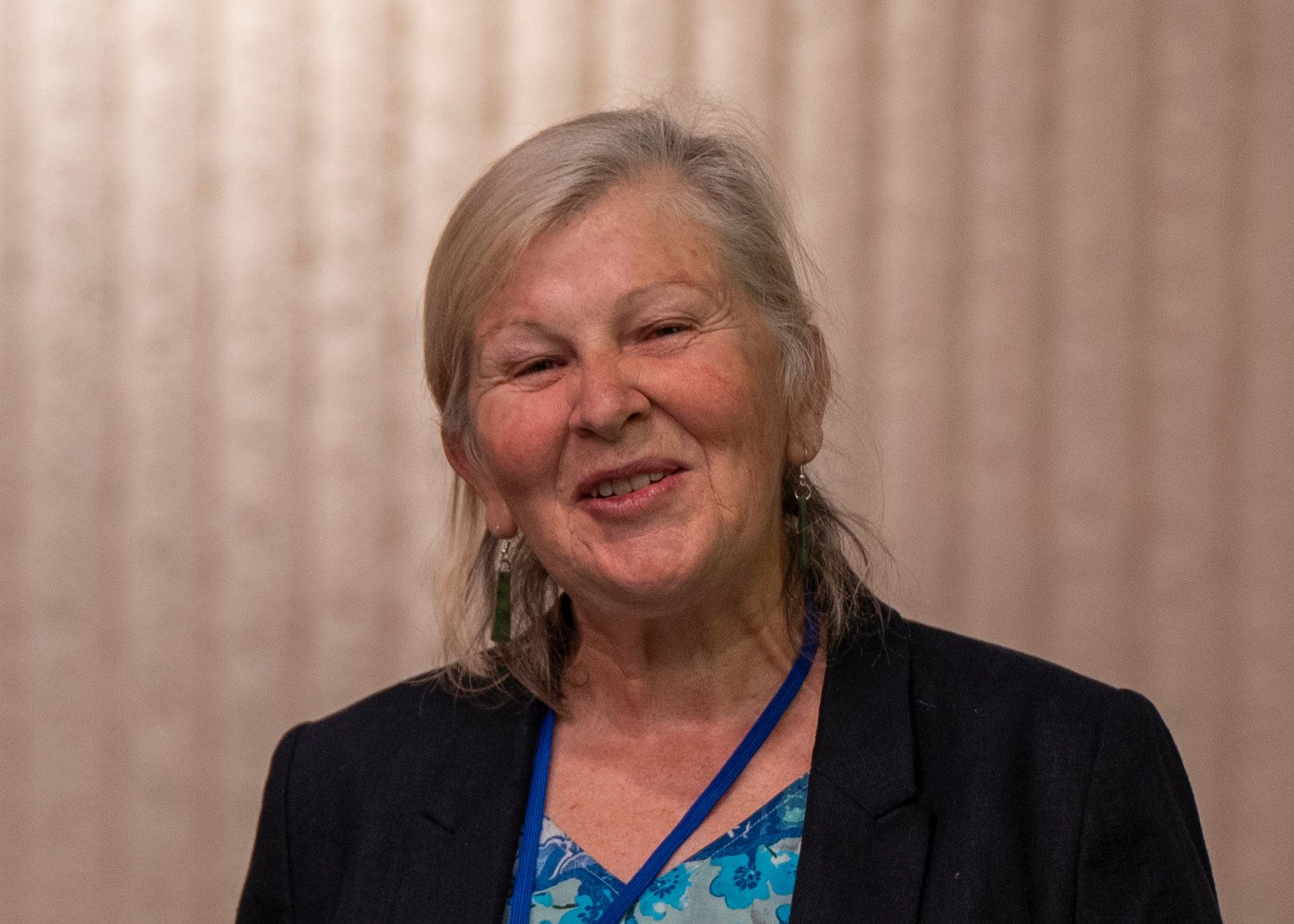
|
Panel Session 1: Sustainability of Healthcare Systems
|
Prof. Albert Lee
Emeritus Professor,
The Jockey Club School of Public Health and Primary Care, CUHK
|
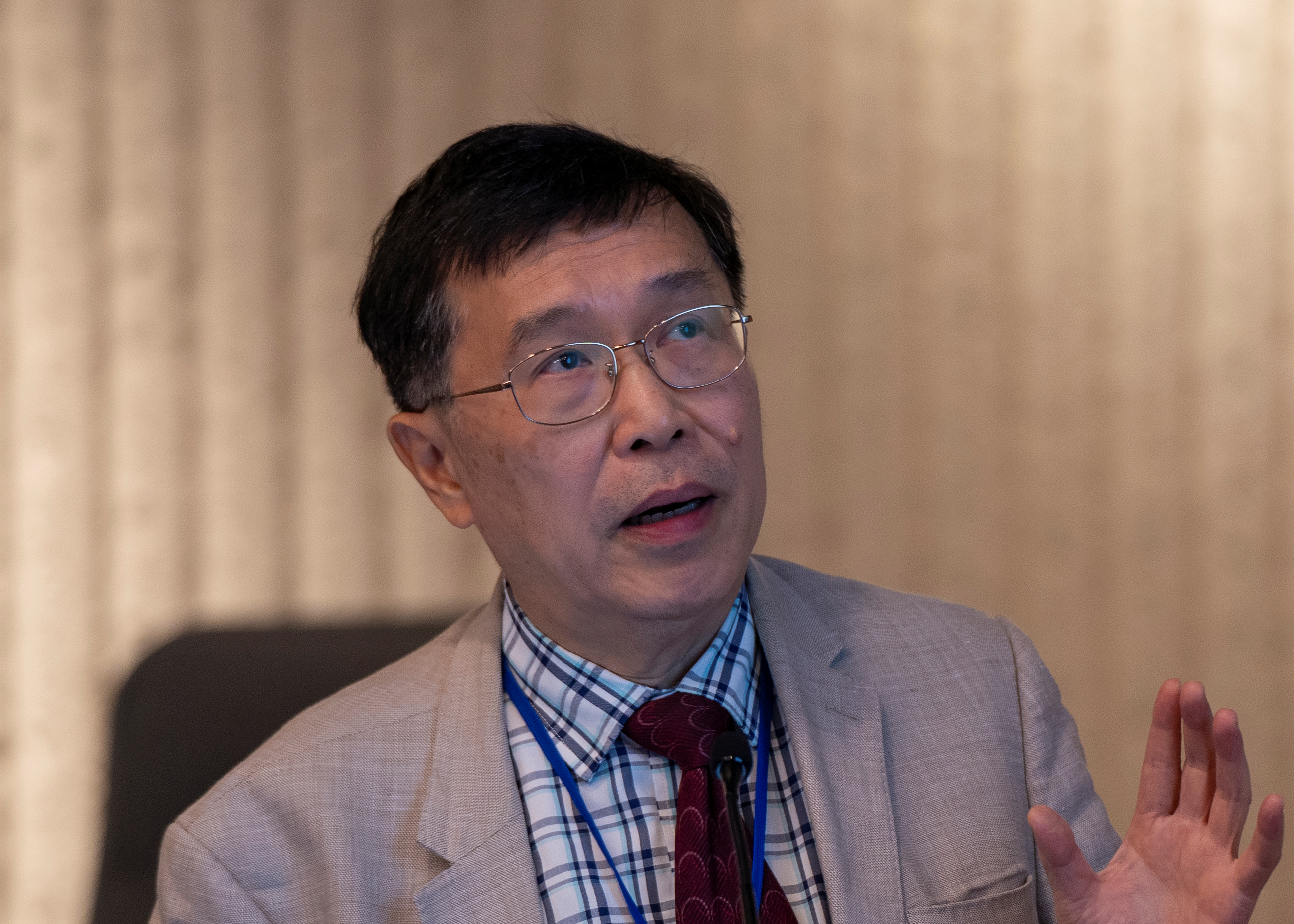
|
Prof. Kenneth N. K. Fong
Professor, Department of Rehabilitation Sciences,
The Hong Kong Polytechnic University
|
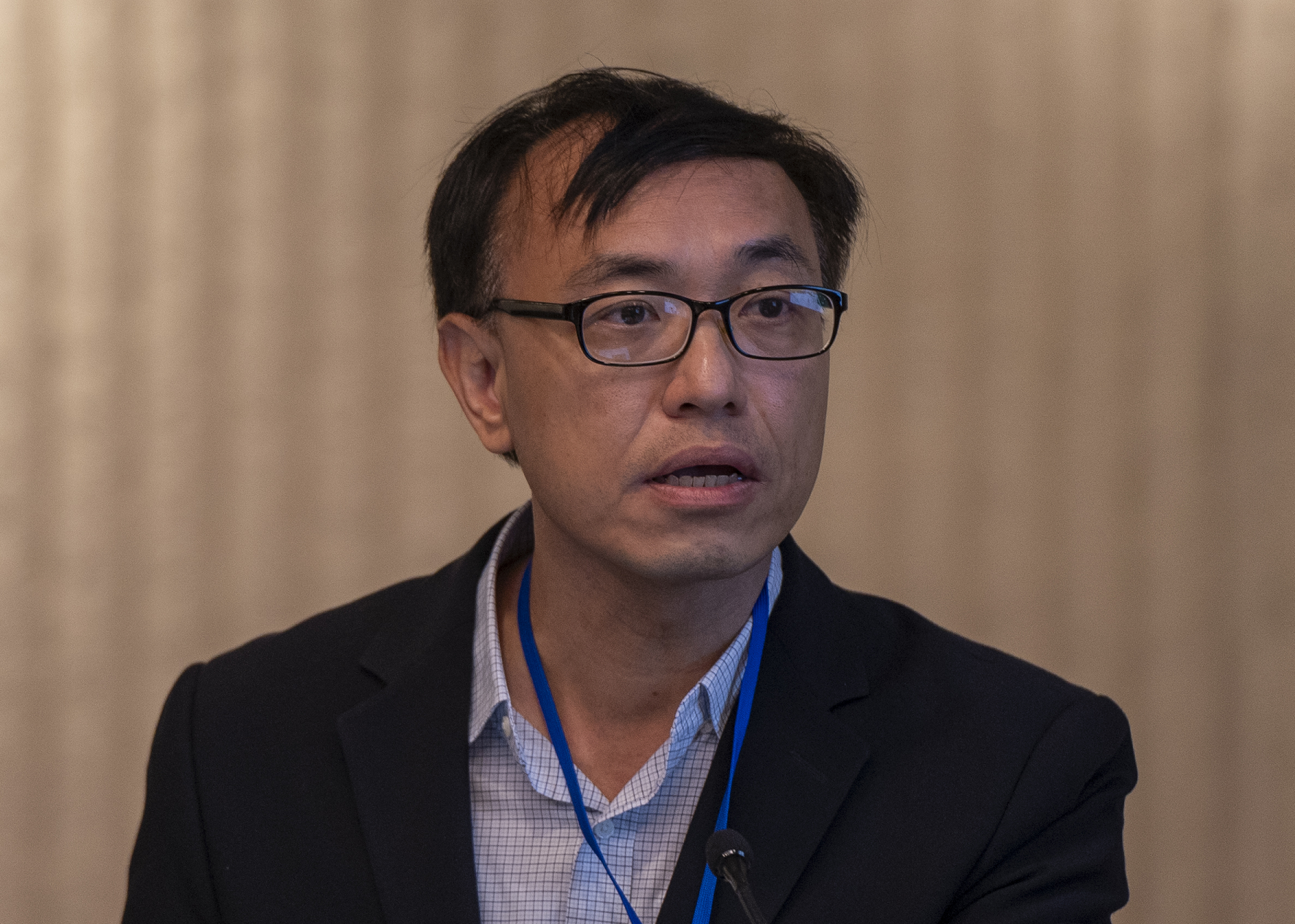
|
Dr Hon David T. Y. Lam
Member, Legislative Council,
The Government of the Hong Kong Special Administrative Region
|
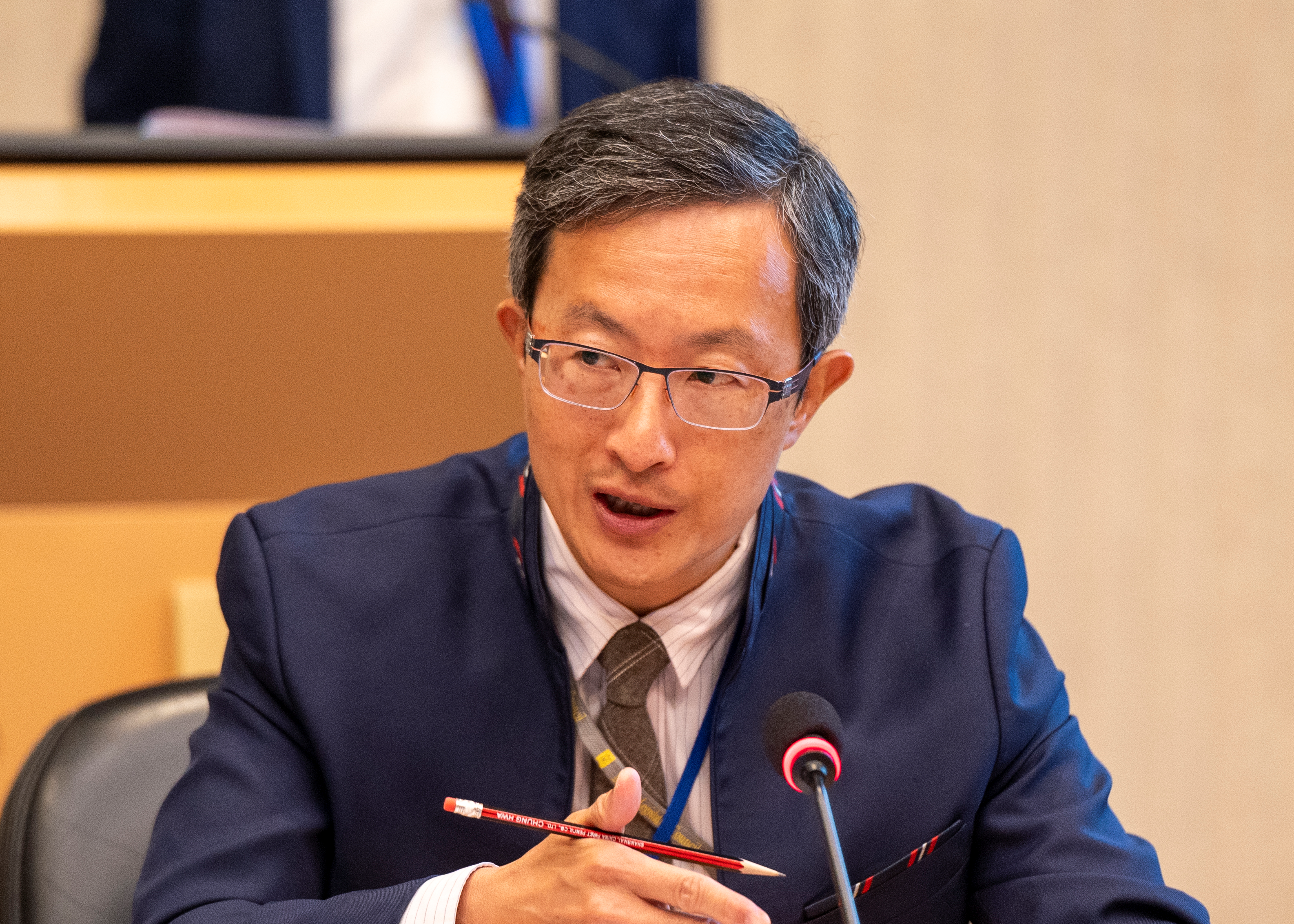
|
Prof. Martin C. S. Wong
Professor,
The Jockey Club School of Public Health and Primary Care, CUHK
|
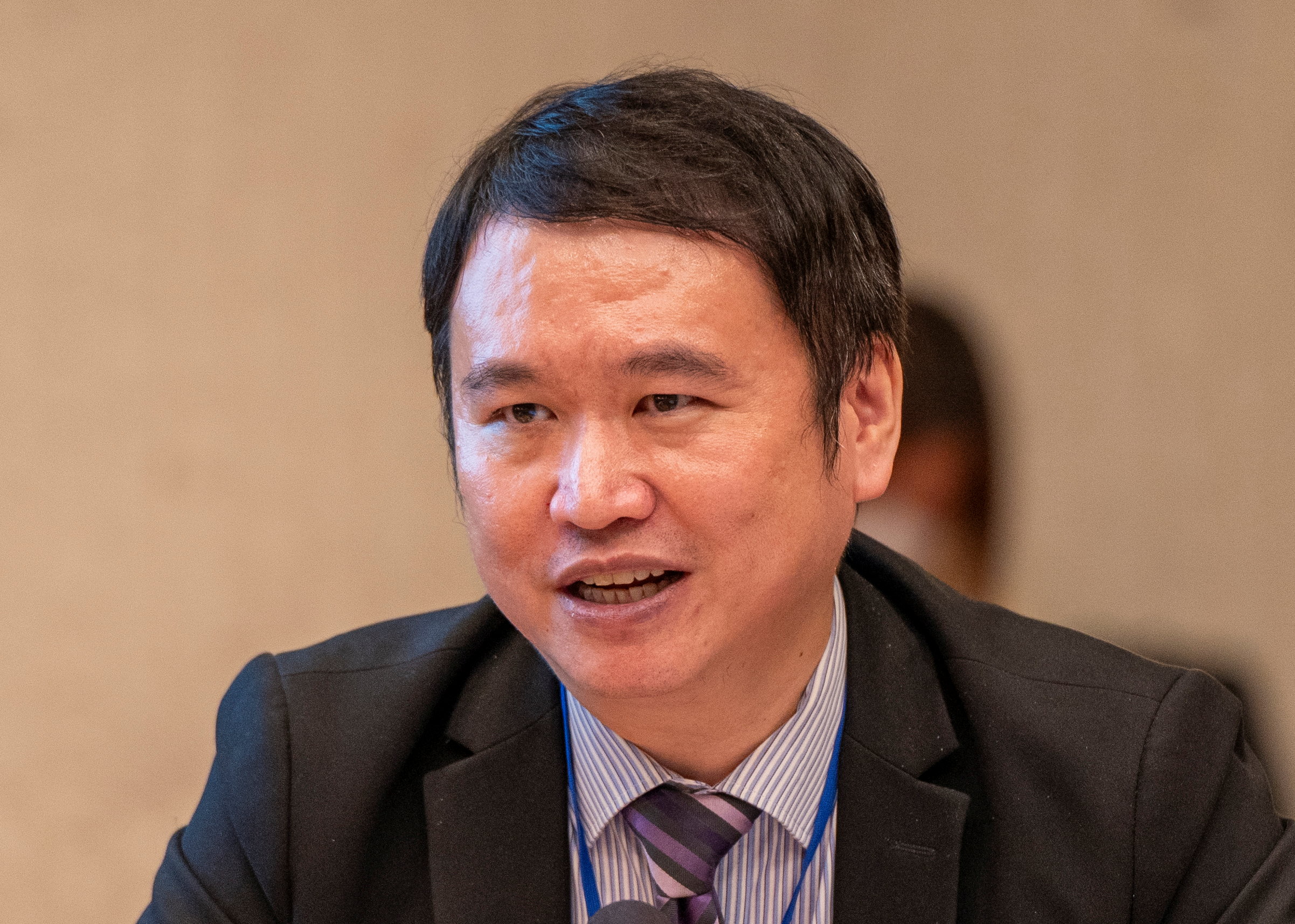
|
Dr Vincent T. S. Law
Deputy Director, Centre for Ageing and Healthcare Management Research,
College of Professional and Continuing Education,
The Hong Kong Polytechnic University
|
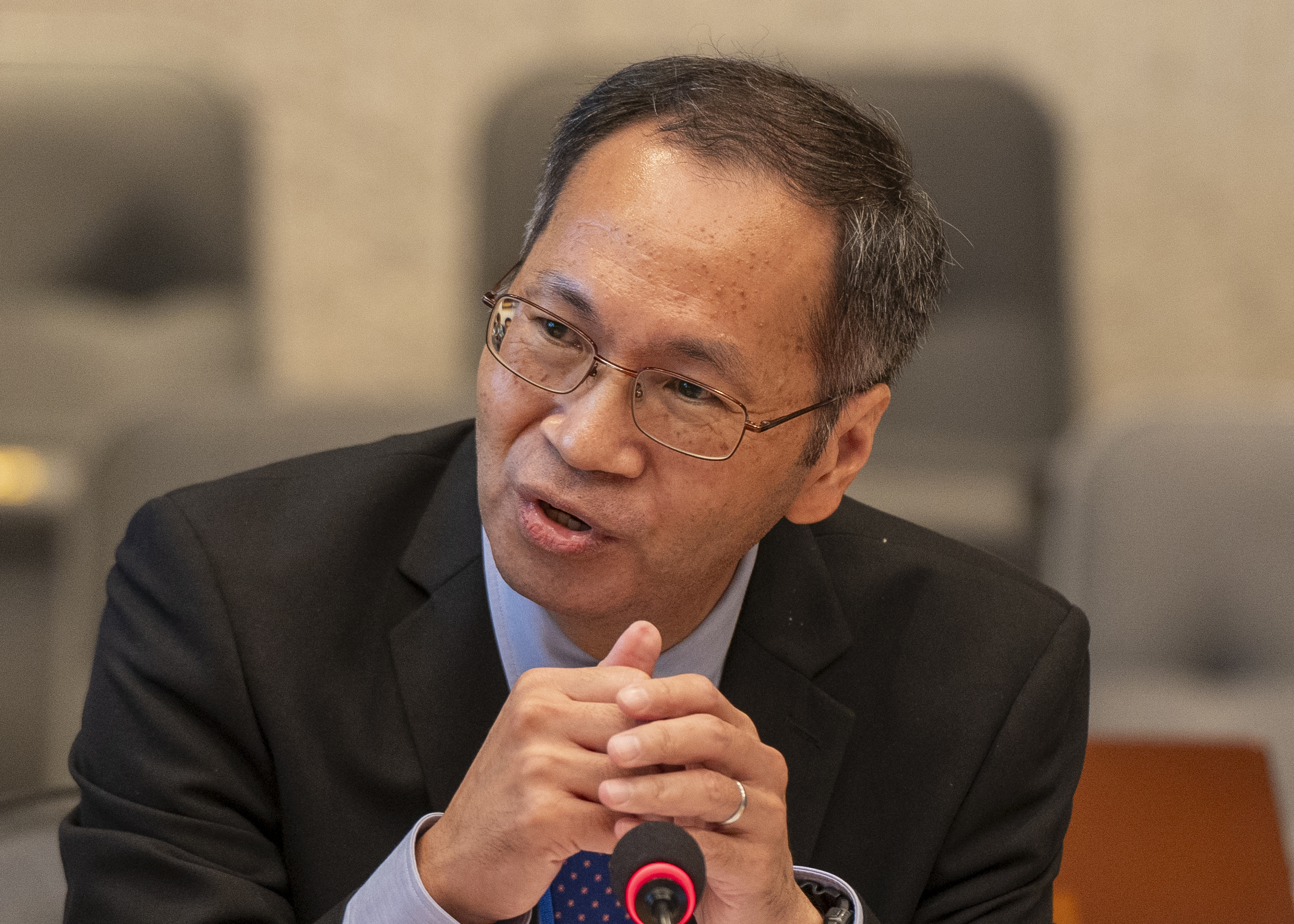
|
Panel Session 2: Public Health Crises
|
Dr Thomas Tsang
Former President, Hong Kong College of Community Medicine
|
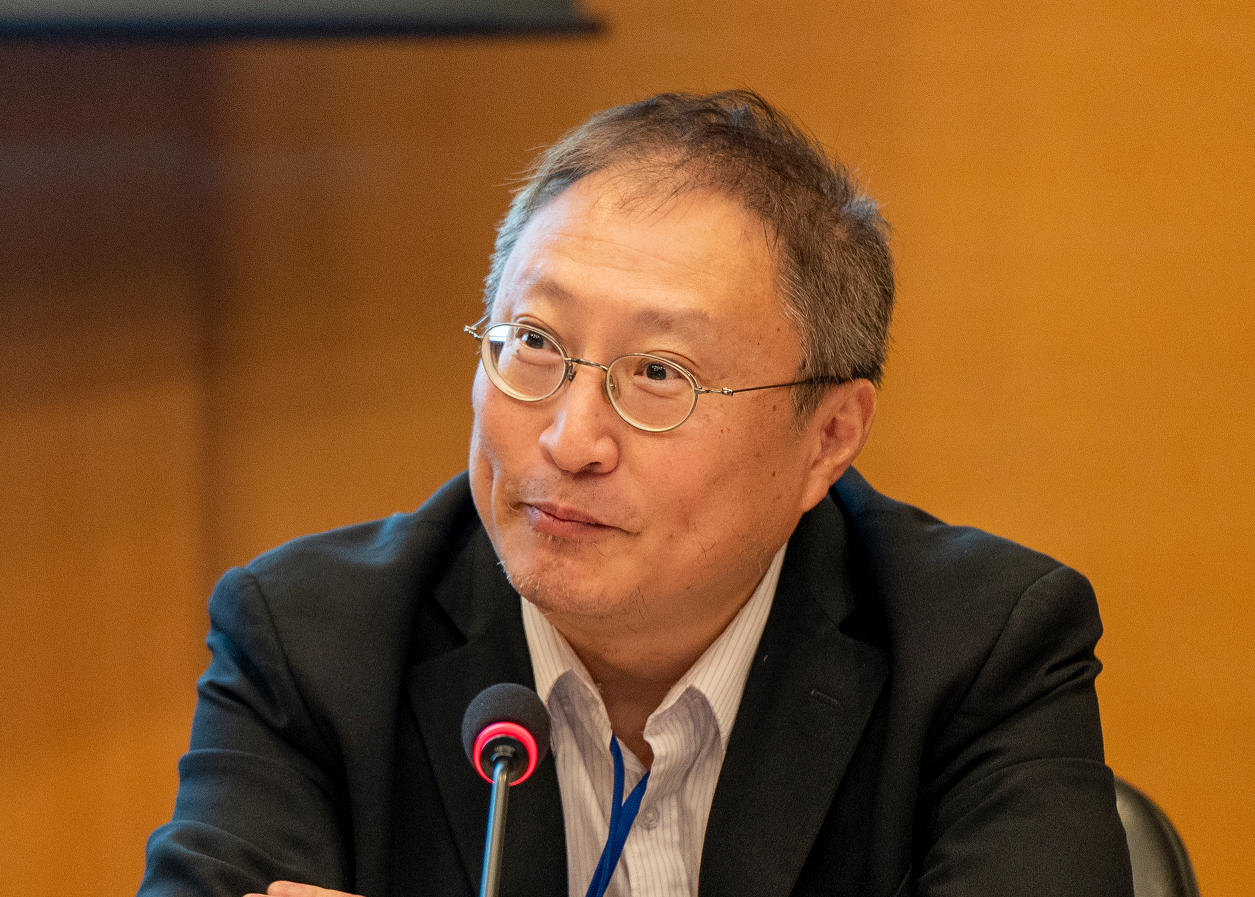
|
Dr Daniel C. S. Chiu
Council Member, Hong Kong College of Community Health Practitioners
|
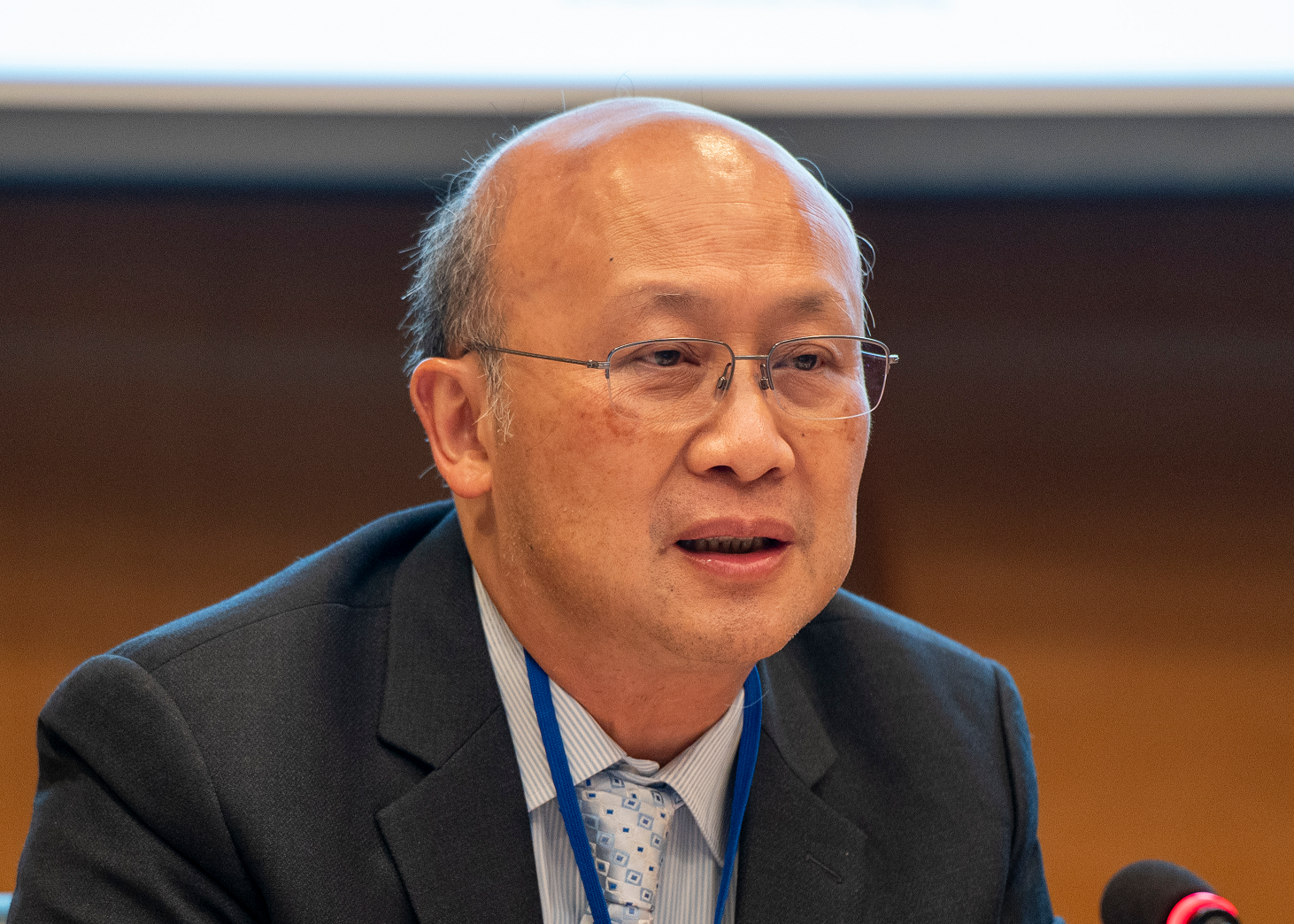
|
Prof. Zhixiu Lin
Director, School of Chinese Medicine, CUHK
|
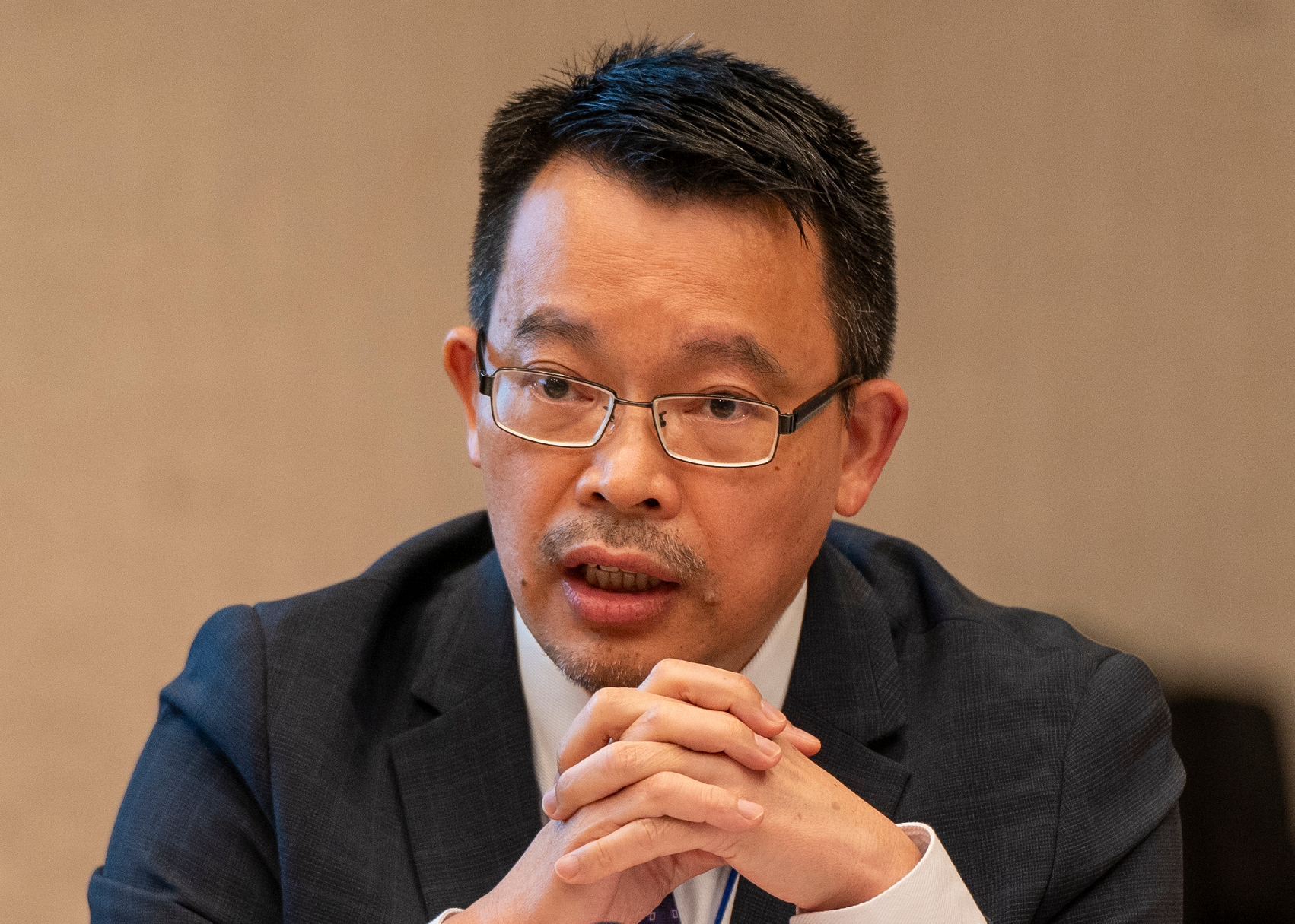
|
Dr William C. W. Wong
Clinical Associate Professor and Chief of Research,
Department of Family Medicine and Primary Care,
School of Clinical Medicine, The University of Hong Kong
|
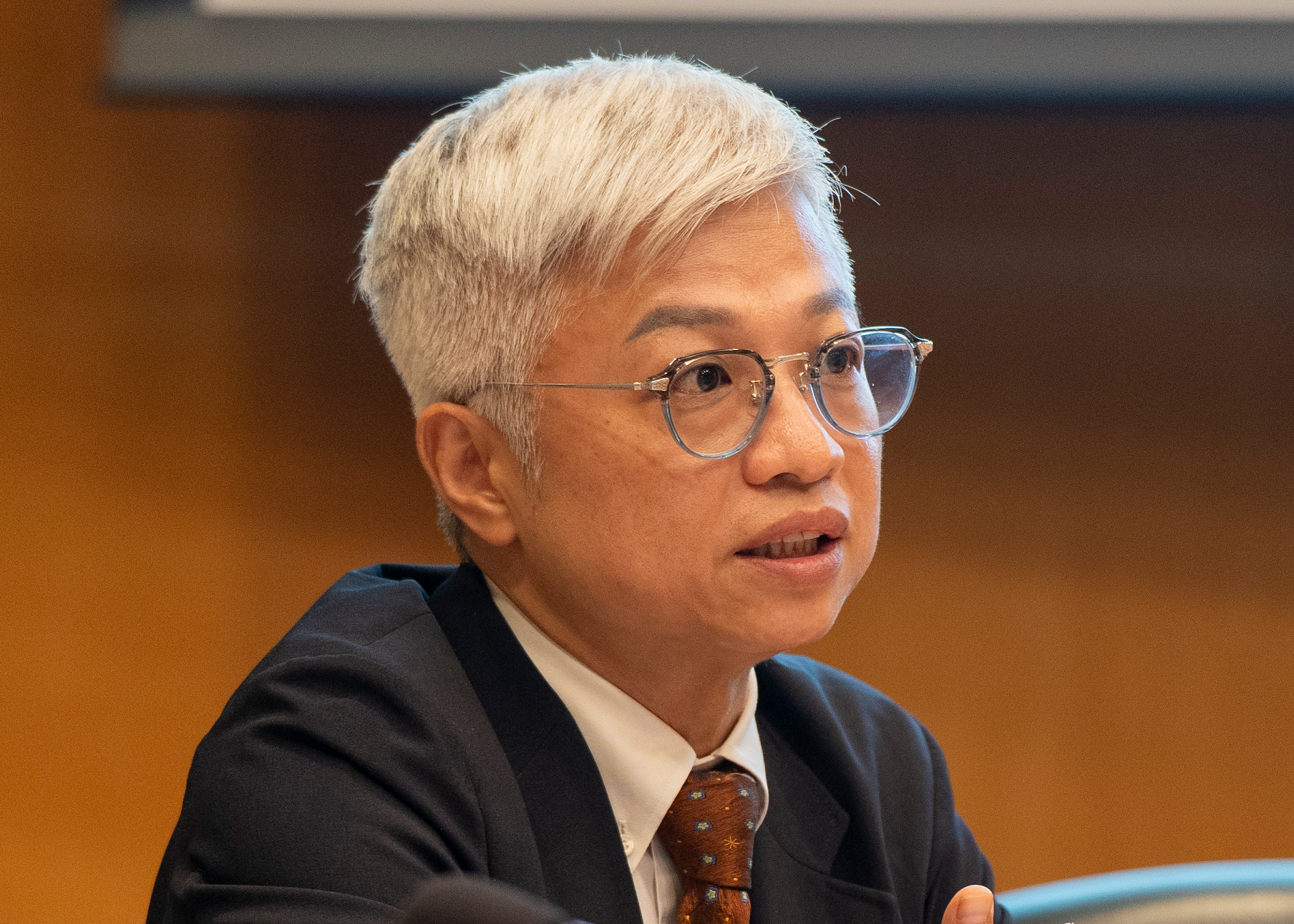
|
Dr Victor Zheng
Associate Director (Executive),
Hong Kong Institute of Asia-Pacific Studies, CUHK
|
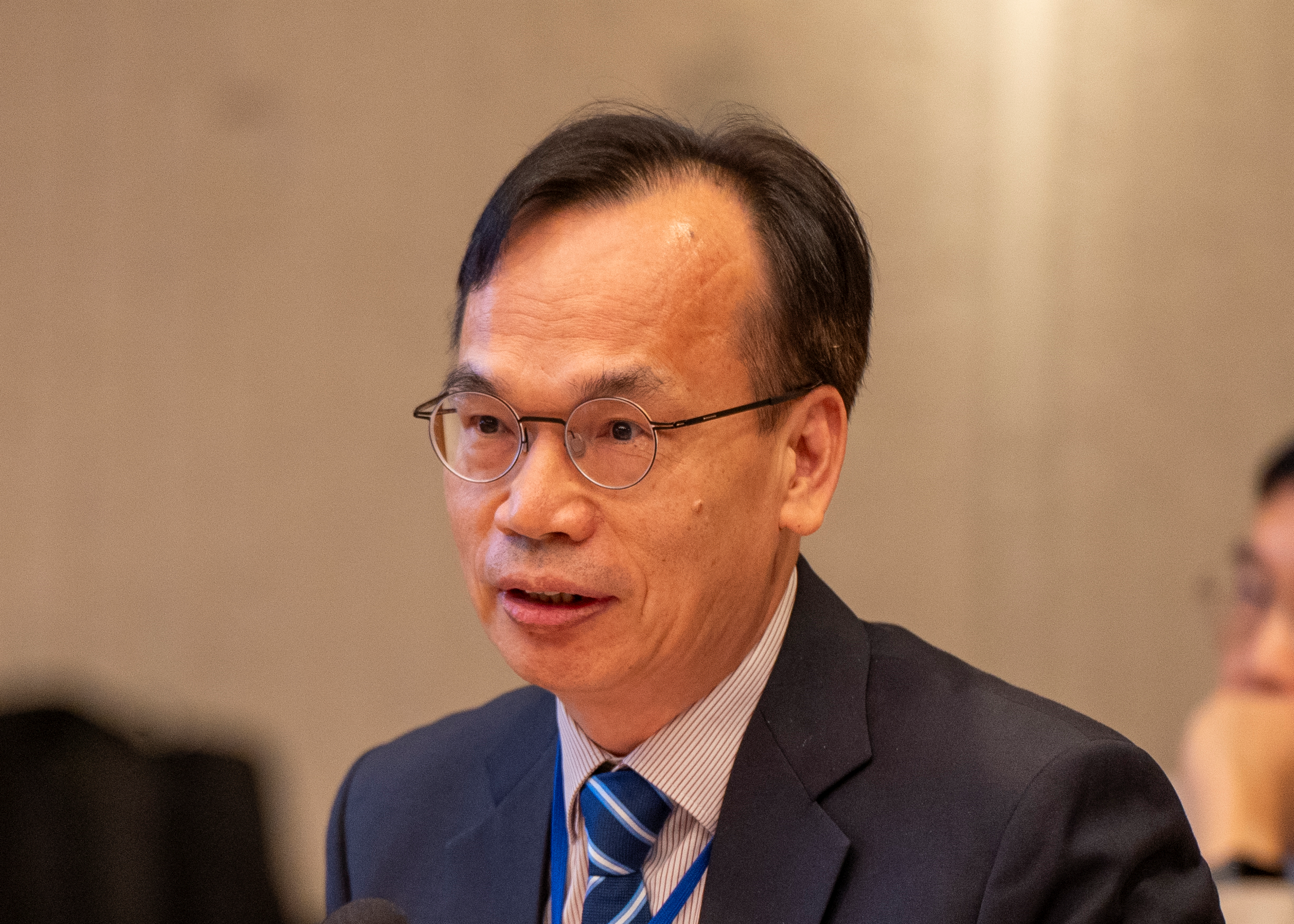
|
Panel Session 3: Capacity Building in Primary Healthcare
|
Prof. Sally Chan
President, Tung Wah College
|
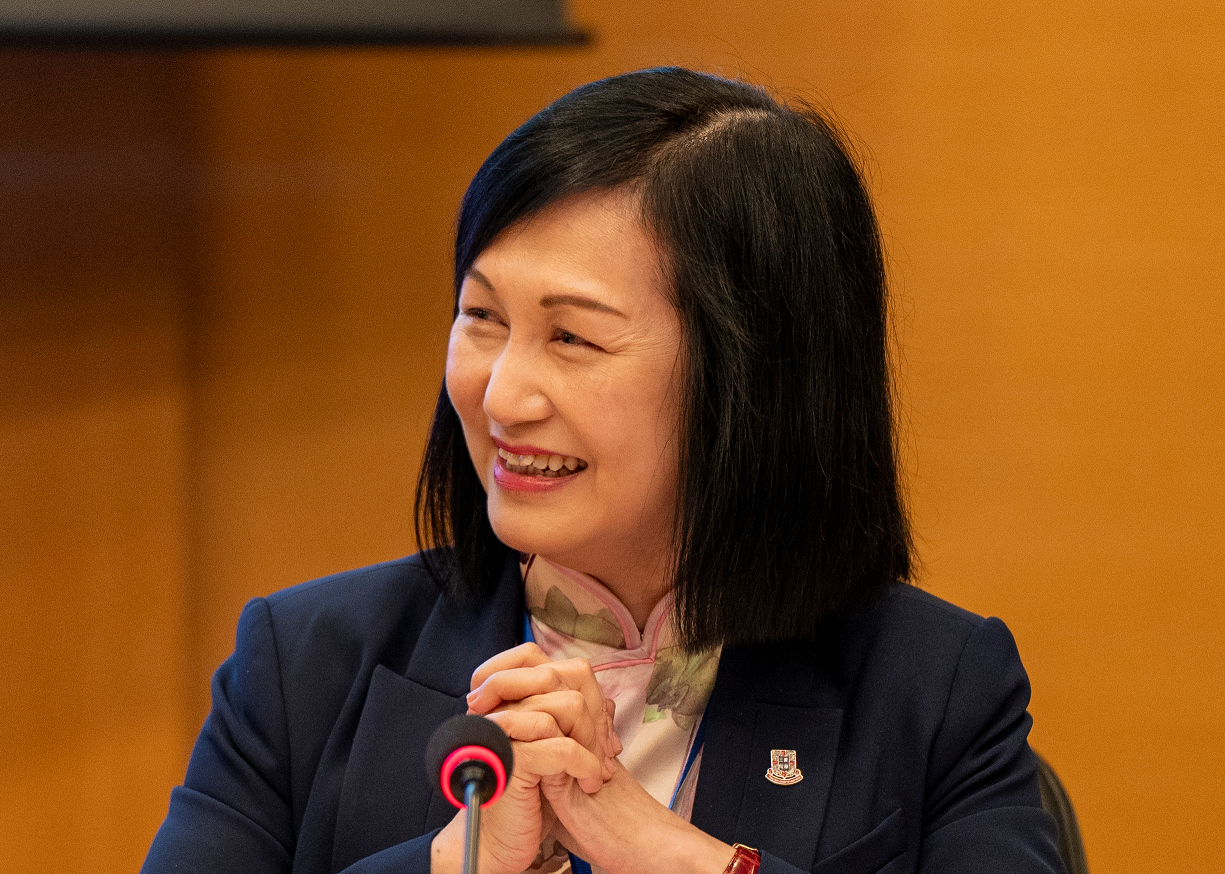
|
Dr Stephen F. C. Pang
Commissioner for Primary Healthcare, Health Bureau,
The Government of the Hong Kong Special Administrative Region
|
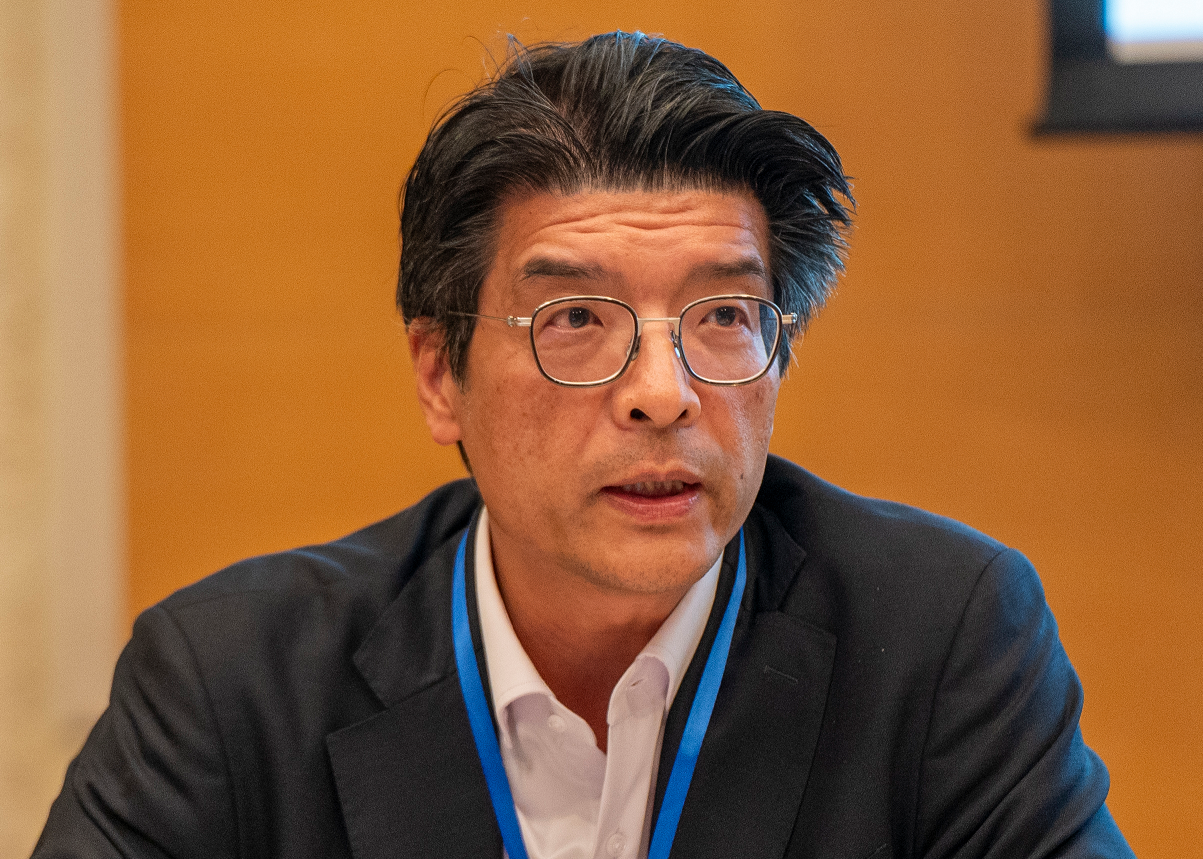
|
Mr Jimmy Wong
Former President,
The Hong Kong College of Community and Public Health Nursing
|
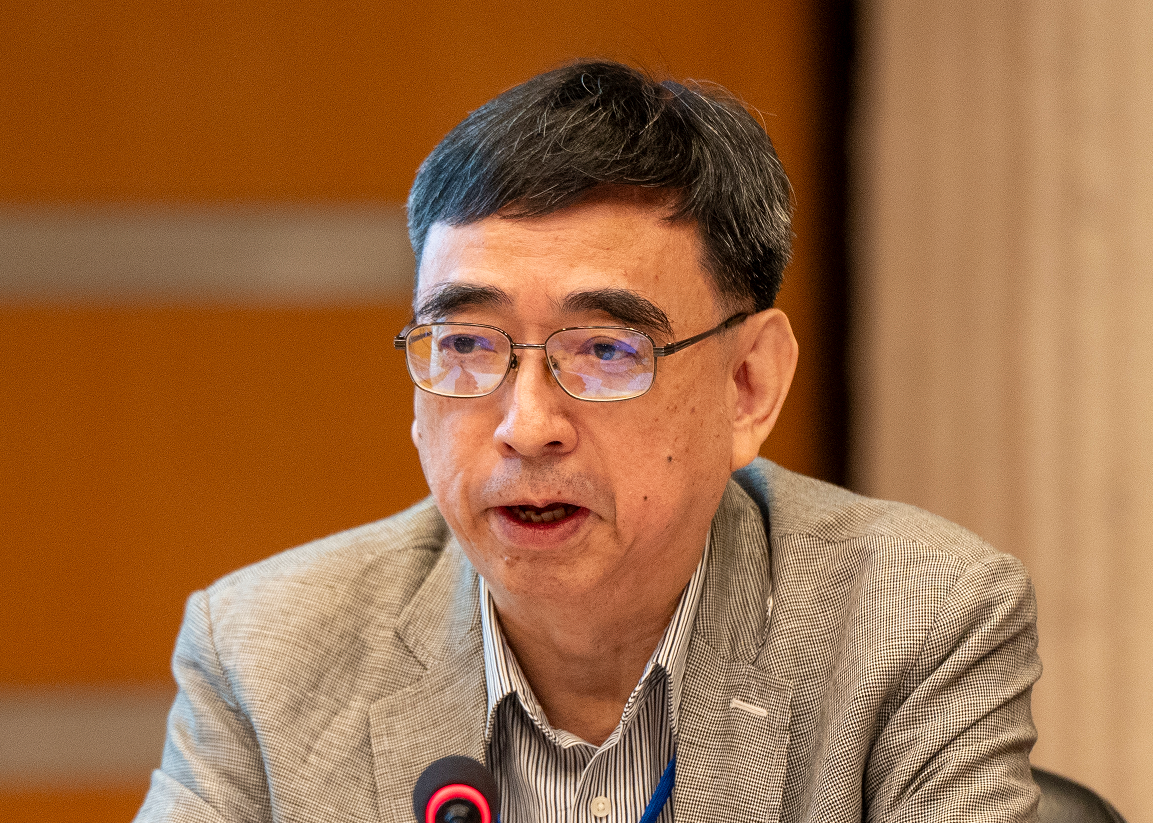
|
Dr Kam-leung Chan
Lecturer, Hong Kong Institute of Integrative Medicine, CUHK
|
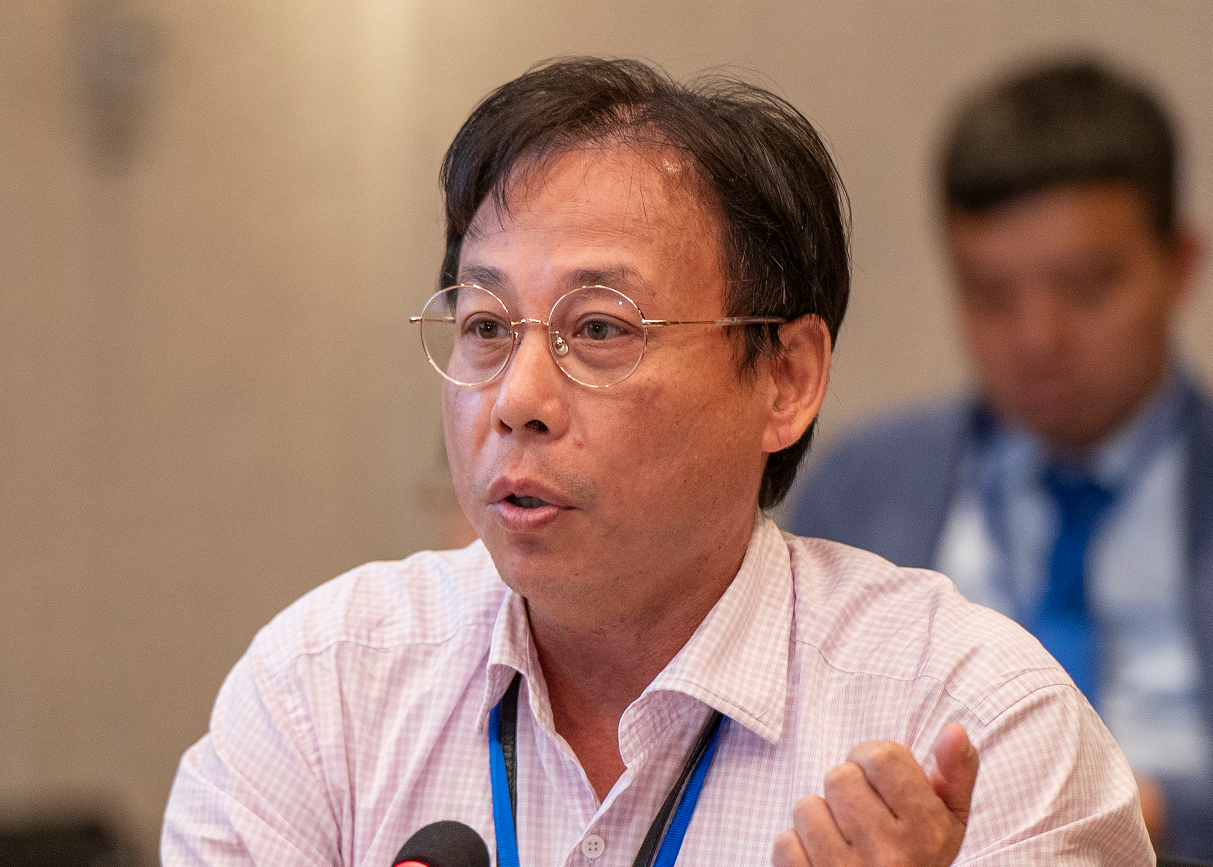
|
Dr Joseph W. F. Leung
Lecturer, College of Professional and Continuing Education,
The Hong Kong Polytechnic University
|
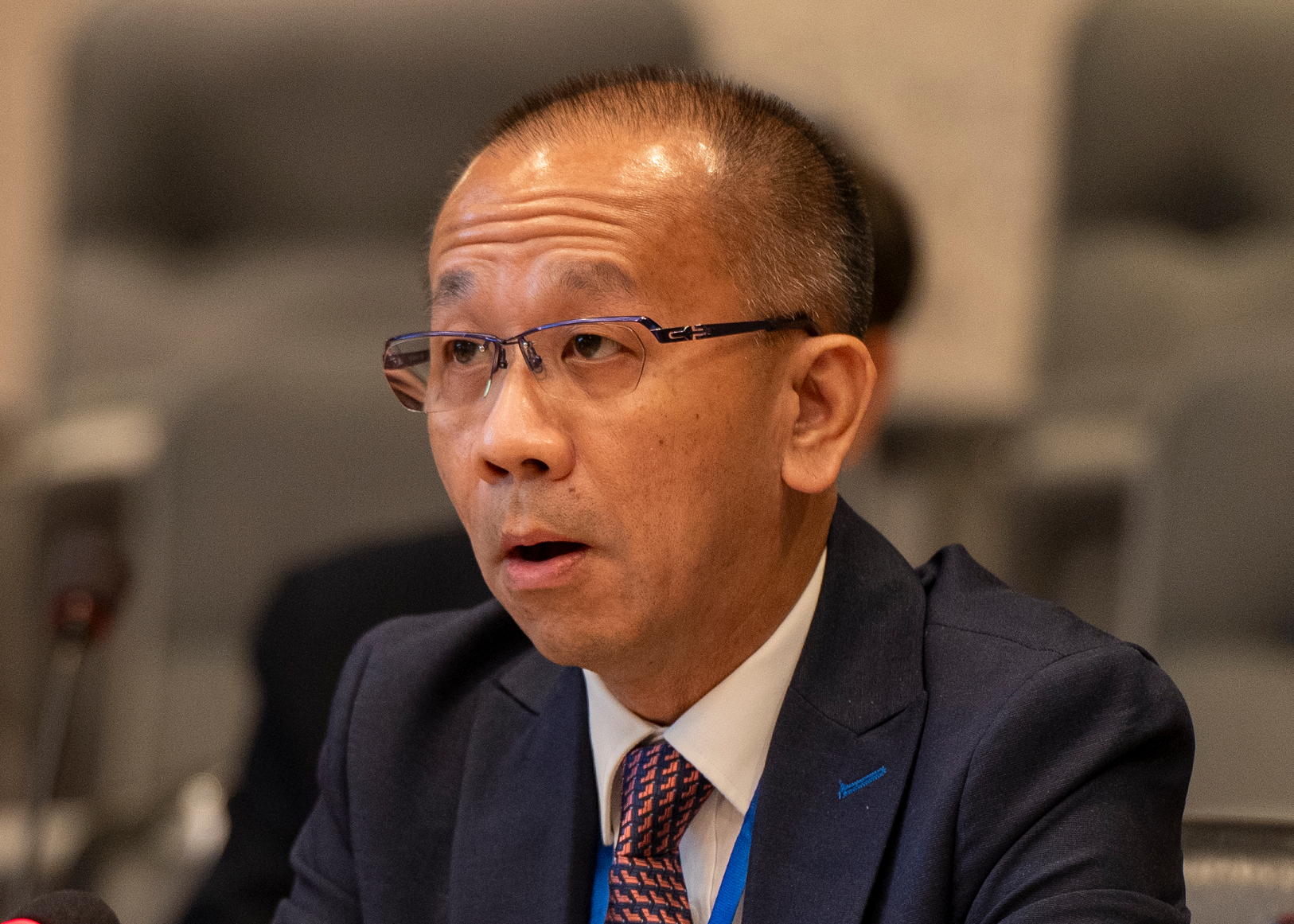
|
Panel Session 4: Financing Sustainable Healthcare Systems
|
Prof. Peter P. Yuen
Dean, College of Professional and Continuing Education,
The Hong Kong Polytechnic University
|
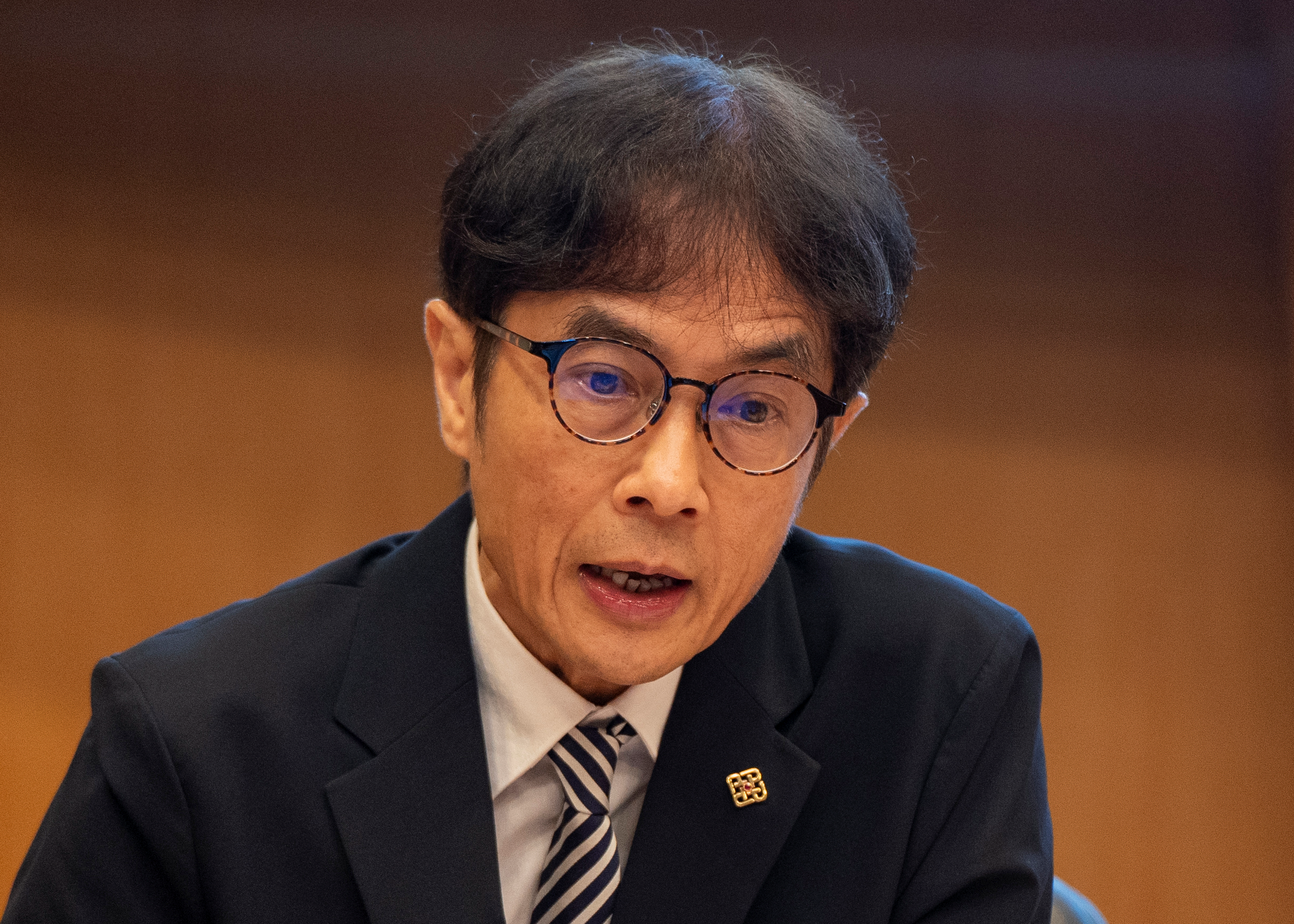
|
Prof. Albert Lee
Emeritus Professor,
The Jockey Club School of Public Health and Primary Care, CUHK
|
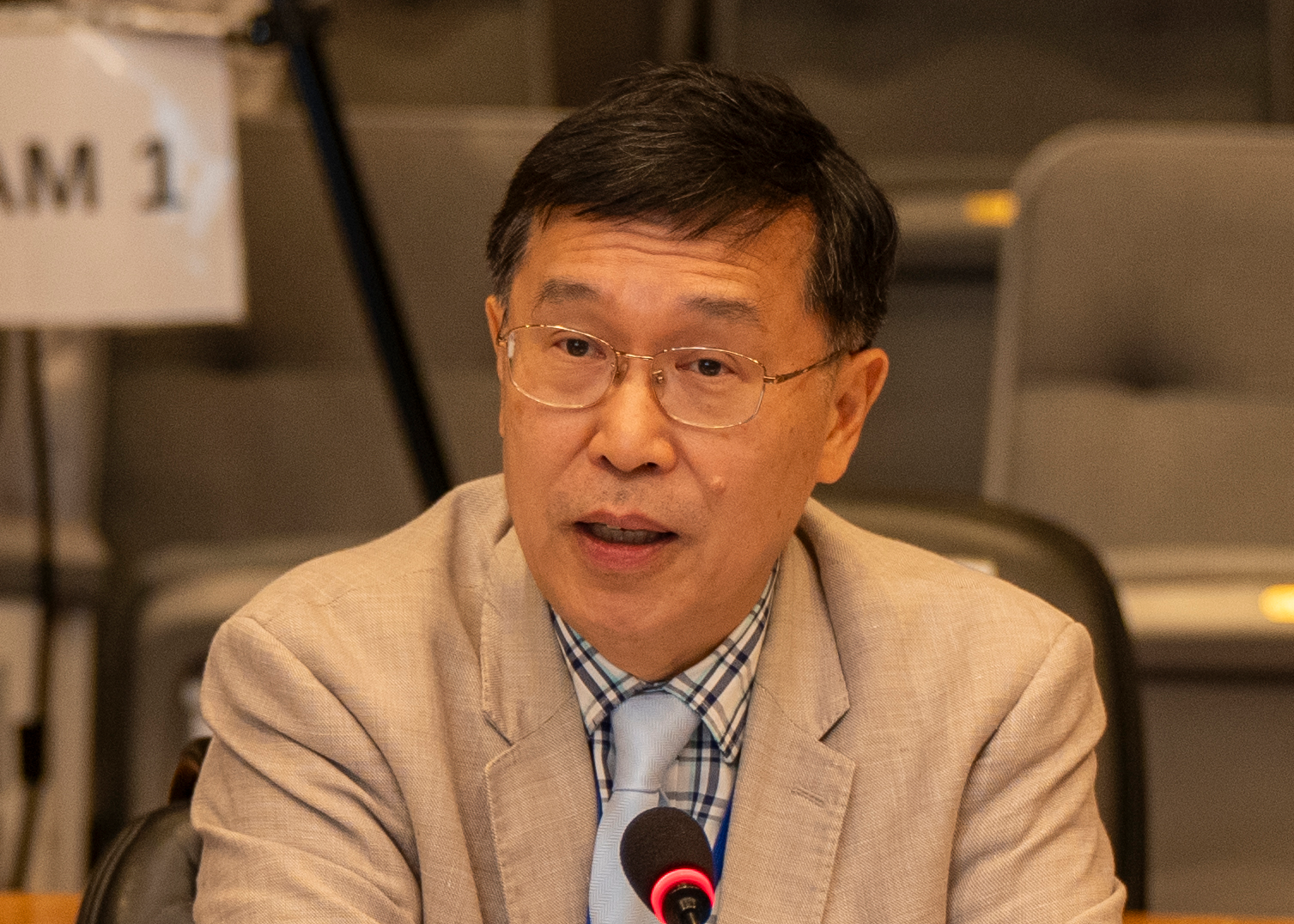
|
Dr Donald K. T. Li
Chairman, Elderly Commission,
The Government of the Hong Kong Special Administrative Region
|
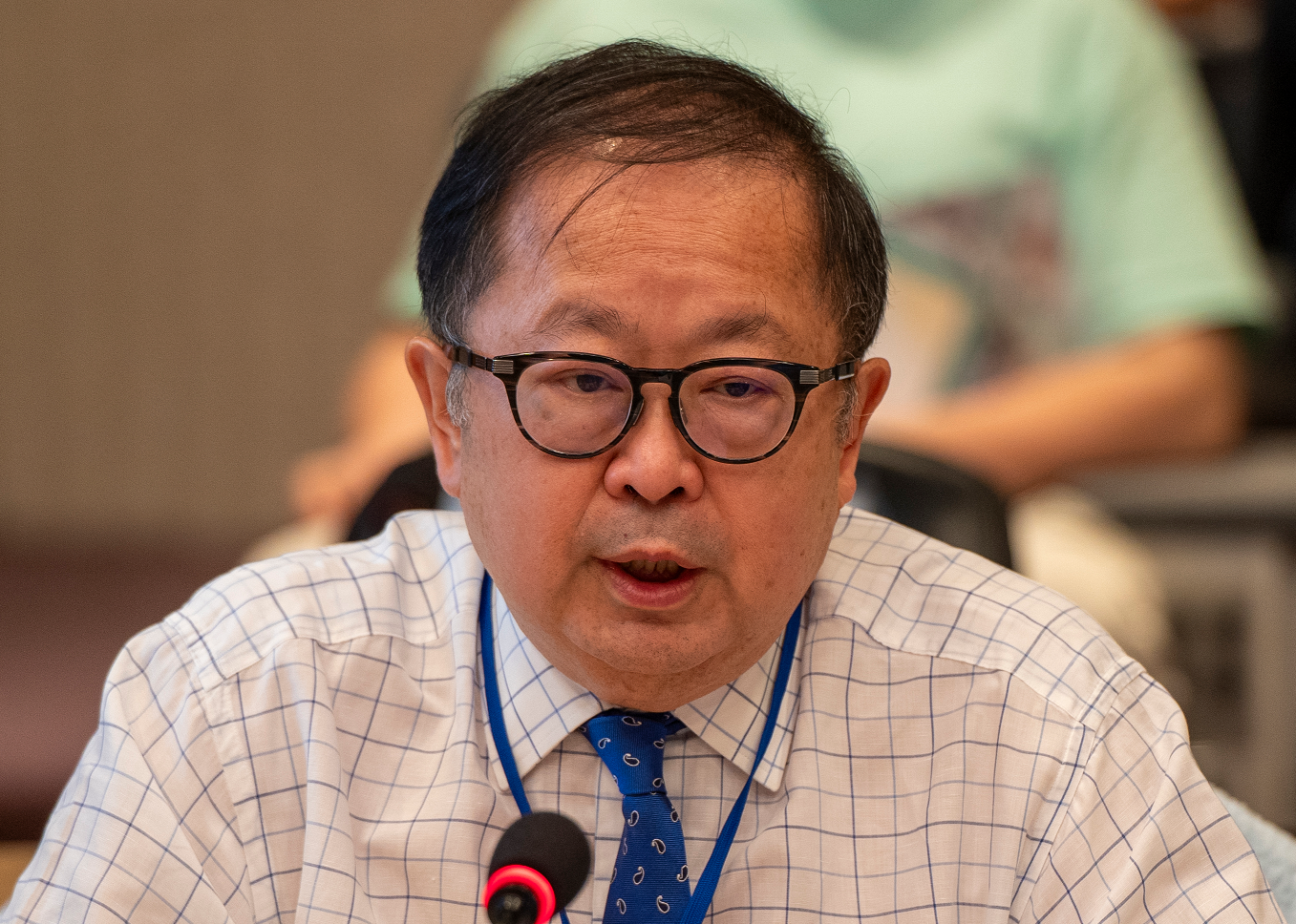
|
Dr Jonathan H. O. Wai
Medical Superintendent, Precious Blood Hospital (Caritas)
|
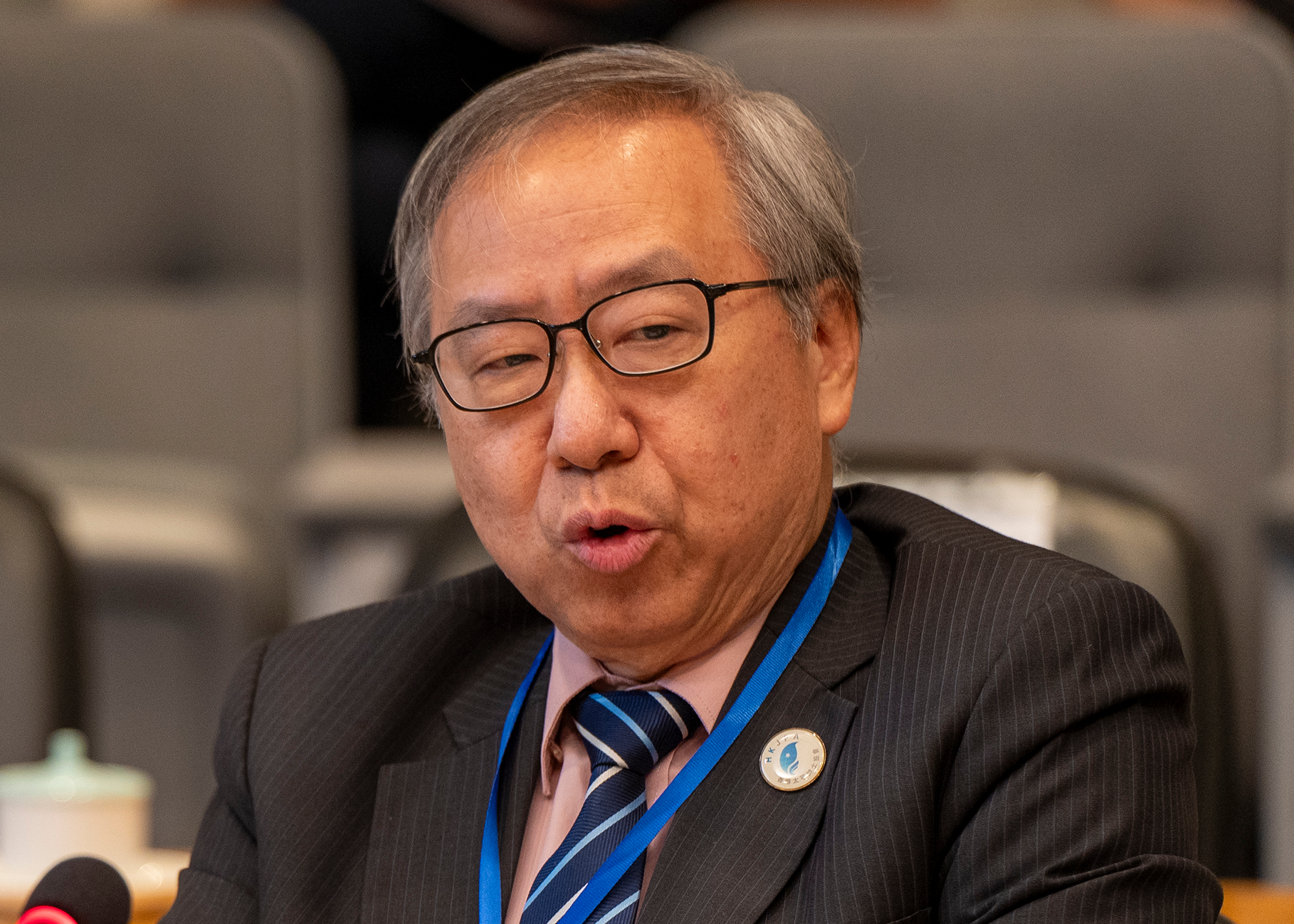
|
Dr Fowie Ng
Associate Professor, School of Management, Tung Wah College
|
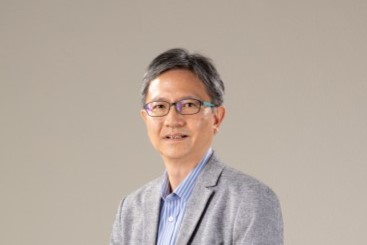
|
Moderators
|
Prof. Anthony Y. H. Fung
Director, HKIAPS, CUHK
|
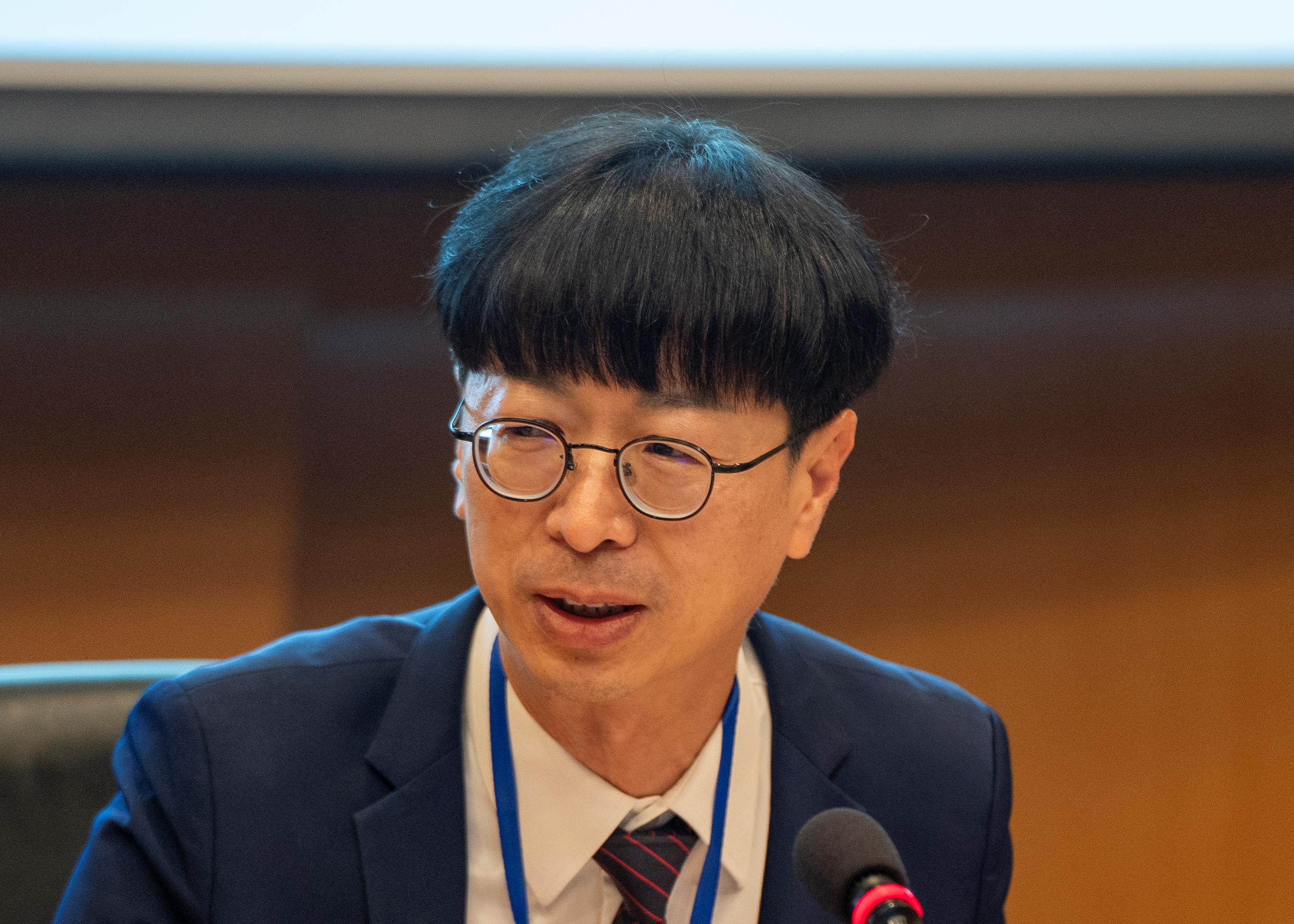
|
Dr Ben Y. F. Fong
Director, Centre for Ageing and Healthcare Management Research,
College of Professional and Continuing Education,
The Hong Kong Polytechnic University
|
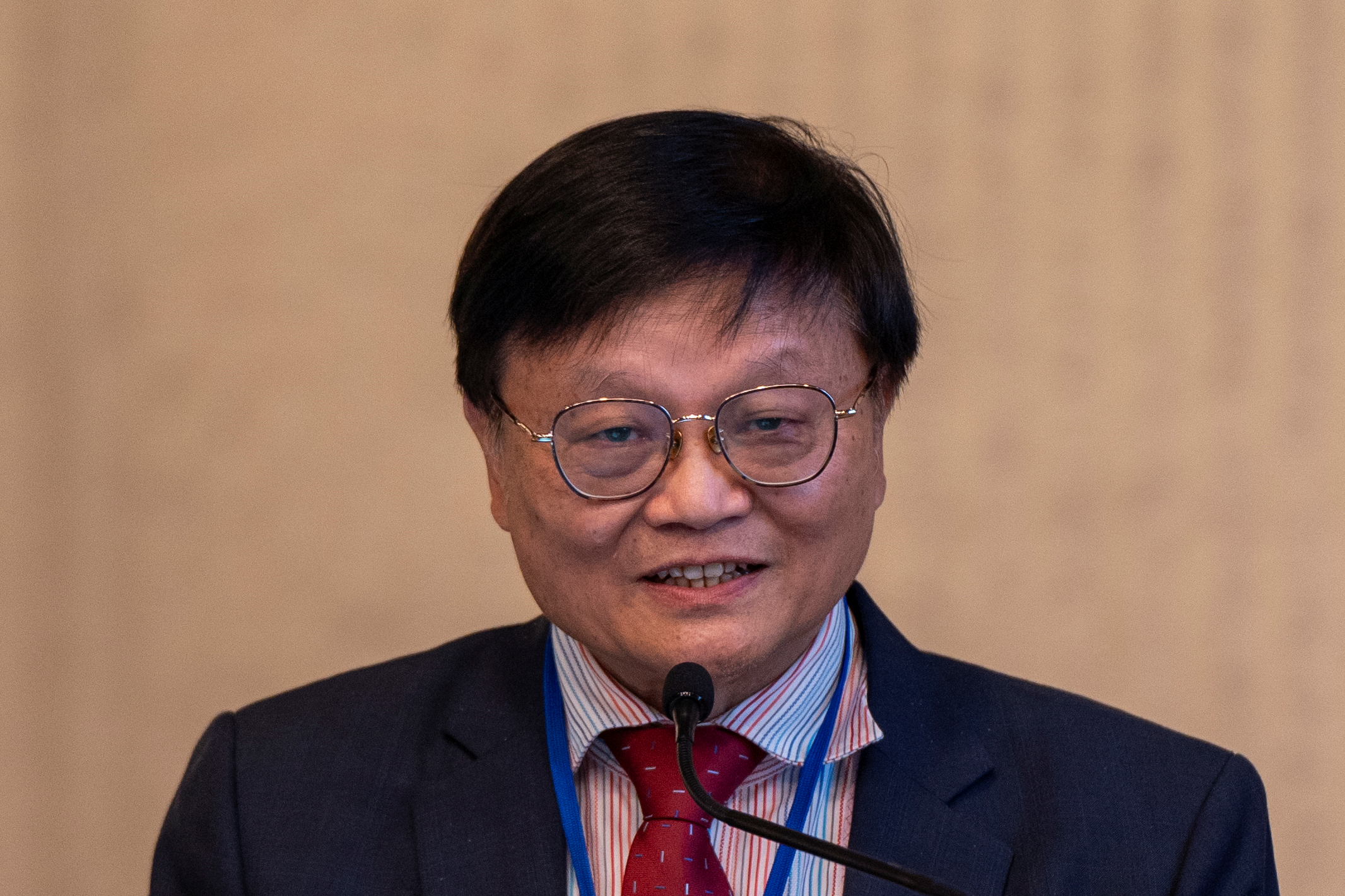
|
Dr Stephen Y. S. Wong
Head, Chief Executive’s Policy Unit,
The Government of the Hong Kong Special Administrative Region
|
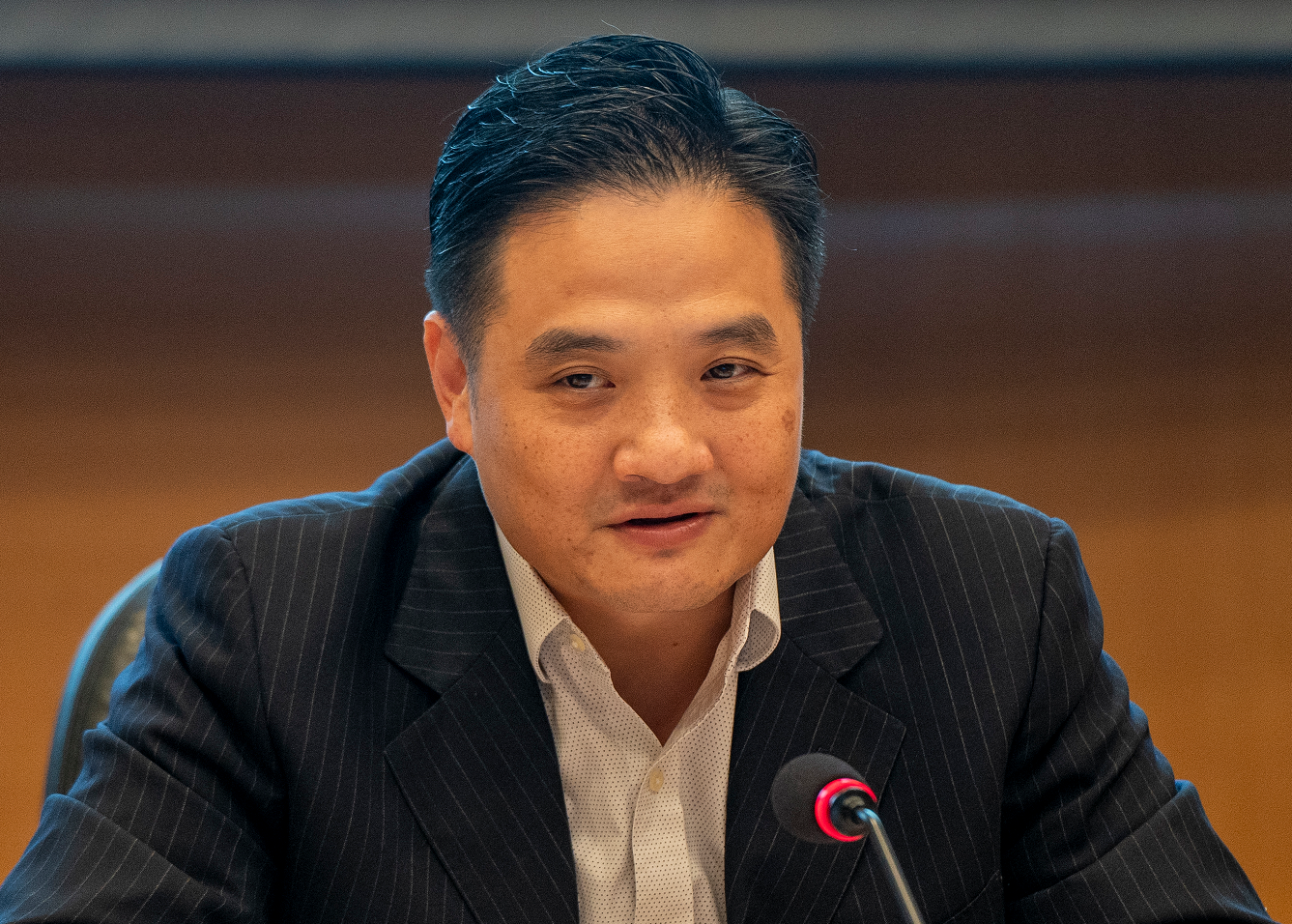
|
Prof. Vivian Lee
Associate Professor,
Centre for Learning Enhancement and Research, CUHK
|
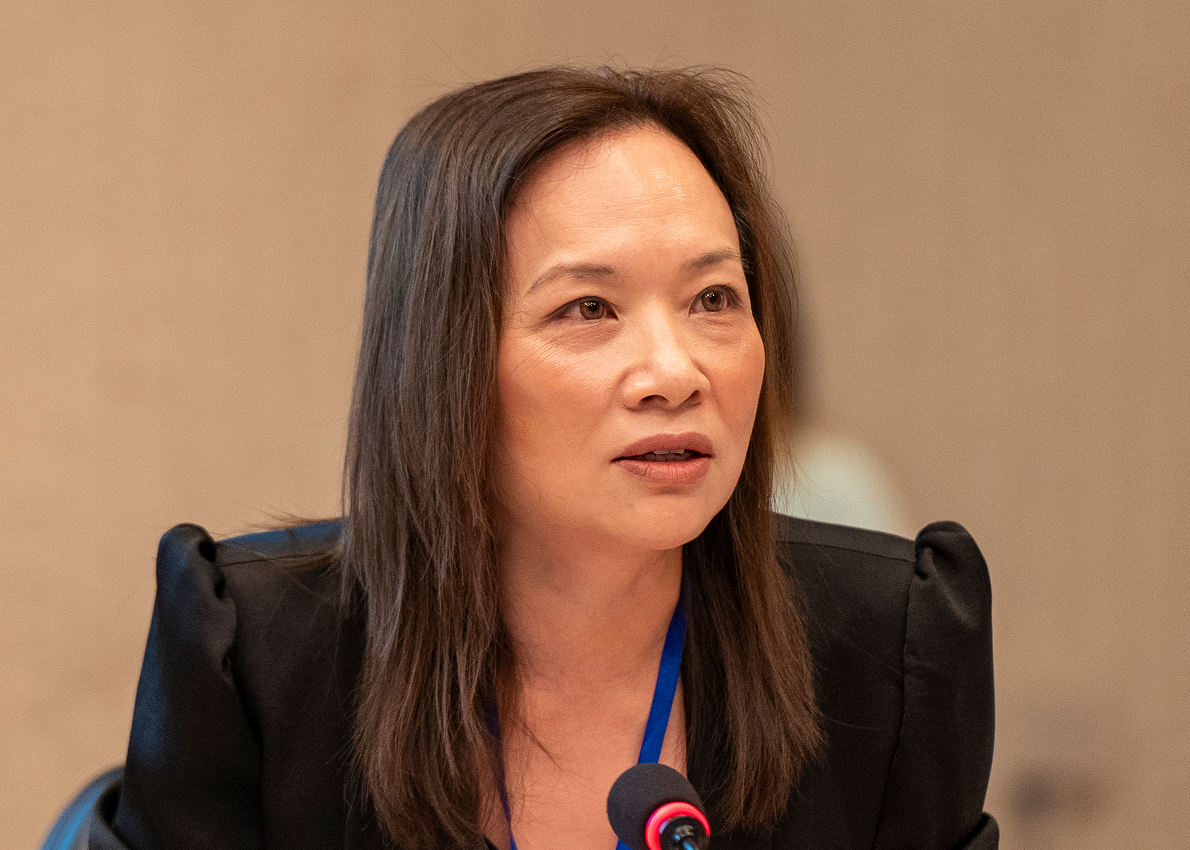
|
The Policy Forum on Building a Sustainable Healthcare System for Hong Kong was held at the Cho Yiu Conference Hall, CUHK, from 28 to 29 July 2023. It was organized by the Hong Kong Institute of Asia-Pacific Studies and supported by the Hong Kong Polytechnic University College of Professional and Continuing Education, the Centre for Ageing and Healthcare Management Research, and the Hong Kong College of Community Health Practitioners. The forum brought together domestic and international academics and politicians to discuss how to build a sustainable healthcare system for Hong Kong from the aspects of sustainability, crisis management, capacity building in primary healthcare, and financial sustainability.
Prof. Rocky S. C. Tuan, Vice Chancellor and President of CUHK, and Dr Libby Lee, Undersecretary for Health of the HKSAR Government delivered the opening speeches.
The two-day forum consisted of three keynote speeches and four panel sessions. During his keynote speech, Dr Hon David T. Y. Lam highlighted three critical elements of sustainable healthcare, namely, talent, facilities, and financing. In view of the high attrition rate for public doctors and nurses in past years, Dr Lam suggested that the approach of relying on a stable workforce may have to change with the working mindset of a new generation. Prof. Michael Kidd emphasized that strong primary care is fundamental for building a strong, sustainable, and equitable health system all around the world. His presentation focused on what issues need to be addressed when strengthening primary care to be ready to meet the current and future healthcare needs of the population. Prof. Eleanor Holroyd shared her research on how incorporating New Zealand Māori frameworks for sustainability can better address health disparities and ensure that policies are culturally responsive and inclusive, thus providing inspiration on how to implement cultural competency and community empowerment.
In the first panel session, Prof. Albert Lee analyzed the role of primary healthcare based on various components of basic medical science, along with some patient cases. He also mentioned the challenges faced by the healthcare system in Hong Kong. Moreover, Prof. Kenneth N. K. Fong highlighted the traditional approach to measuring sustainable healthcare, which involve the three pivots of improving healthcare, saving money, and saving time. Dr Hon David T. Y. Lam echoed this by sharing his concerns about the role of family doctors and District Health Centres (DHC). While the former is the overall healthcare manager for patients, the latter should coordinate all of the healthcare professions within the community. Prof. Martin C. S. Wong suggested possible collaborations between scholars and health practitioners, including in such aspects as conducting research, engaging more stakeholders to join governmental local programmes, holding events to disseminate information about these studies and programmes, and others. Dr Vincent T. S. Law added that a multi-disciplinary team is needed to educate citizens. Graduates from some other health-related programmes besides doctors and nurses should be recruited to promote healthcare and health, and the effectiveness of the DHCs should be evaluated.
In the second panel session, Dr Thomas Tsang shared his views, drawing on his profound experience with the Department of Health and Hospital Authority Board. He illustrated the complexities and considerations often encountered in public health crises and stimulated discussion over possible approaches to addressing them. Dr Daniel C. S. Chiu agreed with Dr Tsang’s idea of identifying the causes of public health crises. He stated that what happened with COVID showed precisely that the public was unable to get the right information at the right time. Prof. Zhixiu Lin summarized that public health crises can only arise from three factors: Funding availability, technical standards, and human resources. He suggested solving these crises by integrating Chinese medicine and its human resources into our healthcare system. Dr William C. W. Wong said that he anticipated that DHCs run by NGOs should be able to connect with many general practitioners in the various districts and also with different NGOs to coordinate all such work in the future. Dr Victor Zheng shared a recent survey by the HKIAPS on the public’s view of how the COVID-19 pandemic was handled. The public did not give a high rating to the government’s performance in handling the pandemic in the past three years, but mostly agreed that our medical professionals had handled the pandemic very well. Taking the views of the public into account is necessary for developing a better primary healthcare system.
In the third panel session, Prof. Sally Chan shared examples of specific capacity building strategies for implementing primary healthcare, such as: Strengthening primary healthcare professionals, integrating electronic health records, promoting chronic disease management, building a comprehensive mental health policy, and promoting insurance and affordability. It is hoped that increased interconnectivity and collaboration will increase the potential for providing quality primary healthcare. Dr Stephen F. C. Pang shared the same viewpoint as Prof. Chan. He was particularly concerned that medical human resources are currently close to breaking point in terms of handling the ageing population, as well as the increase in chronic diseases. To have a sustainable primary health system, more effort should be put into the funding, training, and coordination of practitioners. Mr Jimmy Wong further elaborated on linking the four elements mentioned by Prof. Chan, which can be done by empowering the DHCs so that they will not be restricted by some guidelines or protocols from coming up with new ideas. Dr Kam-leung Chan advocated Chinese medicine as an alternative treatment option for primary healthcare in Hong Kong. He mentioned that the integration of Chinese medicine into healthcare in Hong Kong has led to increased research and evidence-based trials in the field. Dr Joseph W. F. Leung raised the importance of pursuing digital health and enhancing digital literacy, stating that, as a start, the Health Bureau should take the lead and think about how to collect health data.
In the fourth panel session, Prof. Peter P. Yuen highlighted the inadequacies of the system and Government’s attempts to reform it to cope with a rapidly ageing population. He presented evidence showing the system’s weaknesses in terms of allocative and technical efficiencies. He recommended integrating existing silos and introducing a “money follows patients” public resource allocation model to replace the existing block grant allocation arrangement. Prof. Albert Lee responded to the issue of a lack of funding by suggesting some new initiatives, such as weighing the importance of junior-level healthcare workers, non-dispensing pharmacy physician assistants, and day-to-day care. Voluntary health insurance should be widely promoted. Dr Donald K. T. Li mentioned that family doctors would like to access the primary care team for support. Voluntary health medical insurance is a much better way forward, but insurers are still very selective in the services that they are willing to provide. As the Medical Superintendent of a private hospital, Dr Jonathan H. O. Wai talked about budgets in primary care, such as co-care payments, the establishment of a primary care commission, and how the public is being told details about the budget.
The two-day Policy Forum were attended by more than 250 people in-person and online.
Videos:
1. Opening and Keynote Speeches 1
2. Keynote Speech 2
3. Panel Session 1
4. Panel Session 2
5. Panel Session 3
6. Panel Session 4 and Closing Remark
|
Organizer
Hong Kong Institute of Asia-Pacific Studies
Co-organizers
Centre for Ageing and Healthcare Management Research, College of Professional and Continuing Education,
The Hong Kong Polytechnic University
Hong Kong College of Community Health Practitioners
Policy Research @ HKIAPS
|
Booklet: |
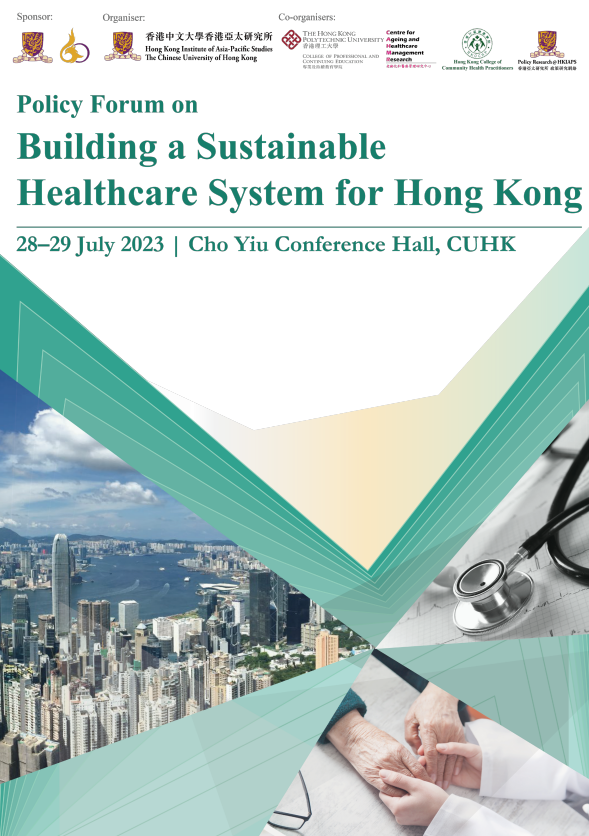 |
| |
|
| |
|
|
|
|
|
|
 |
|
|
|